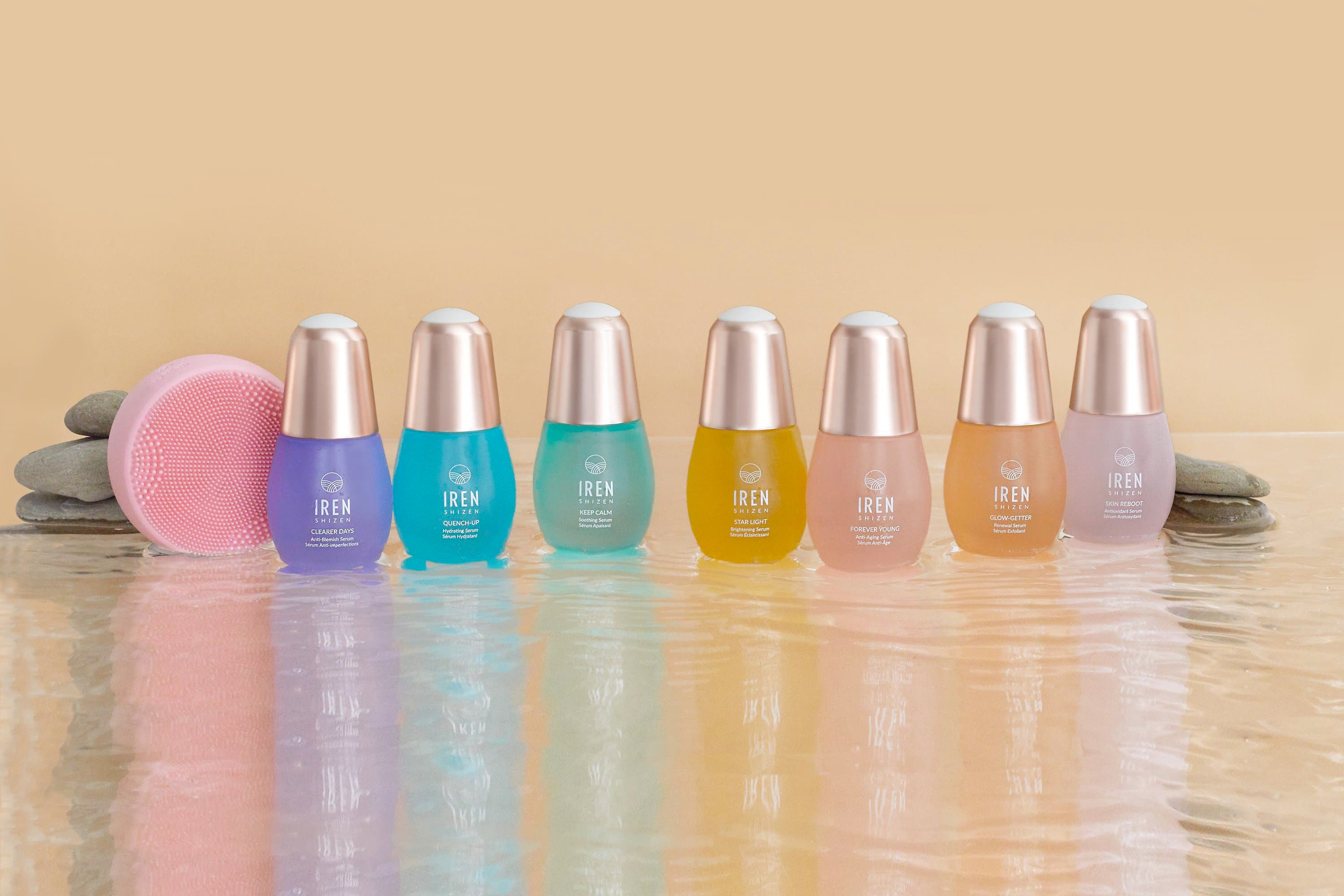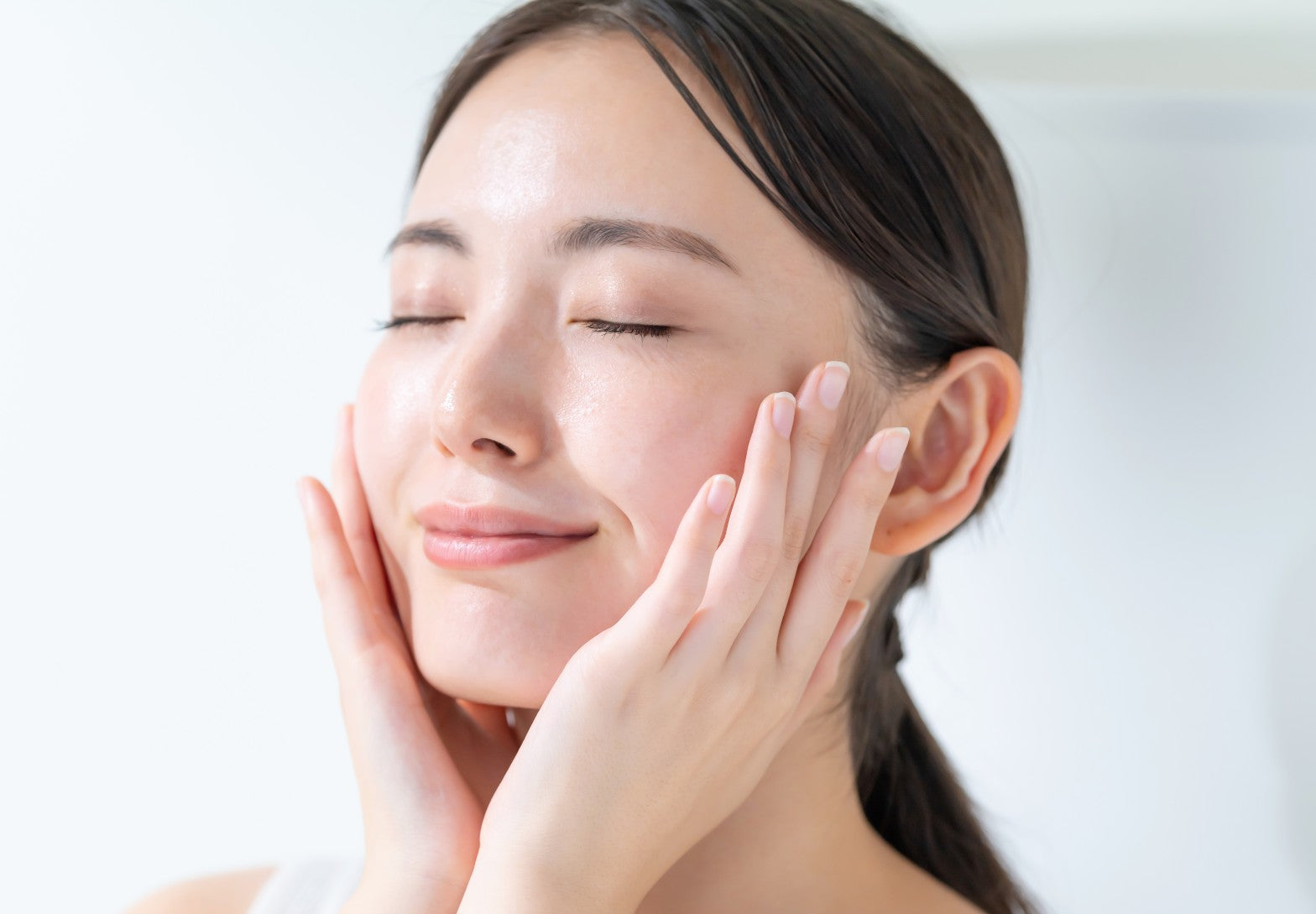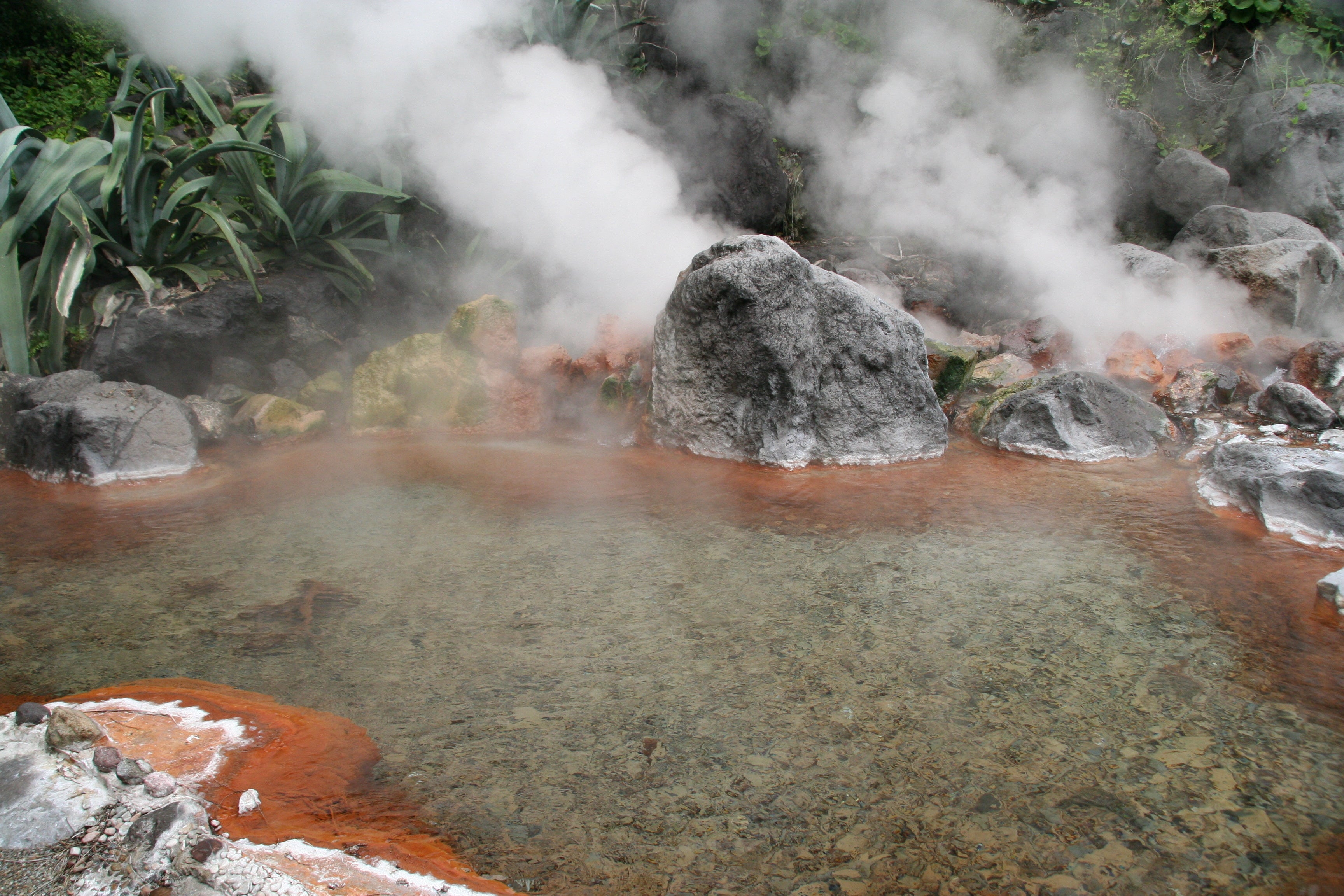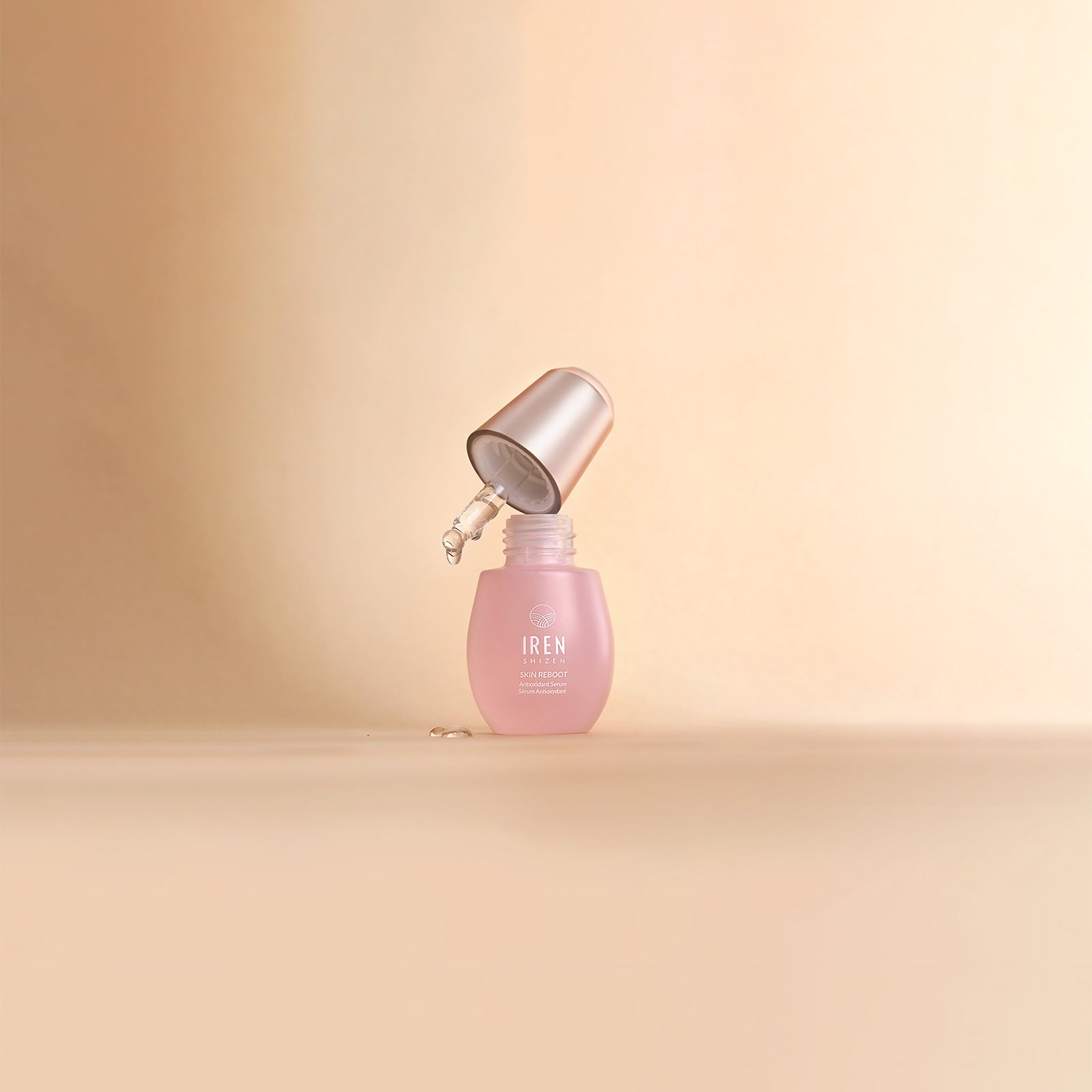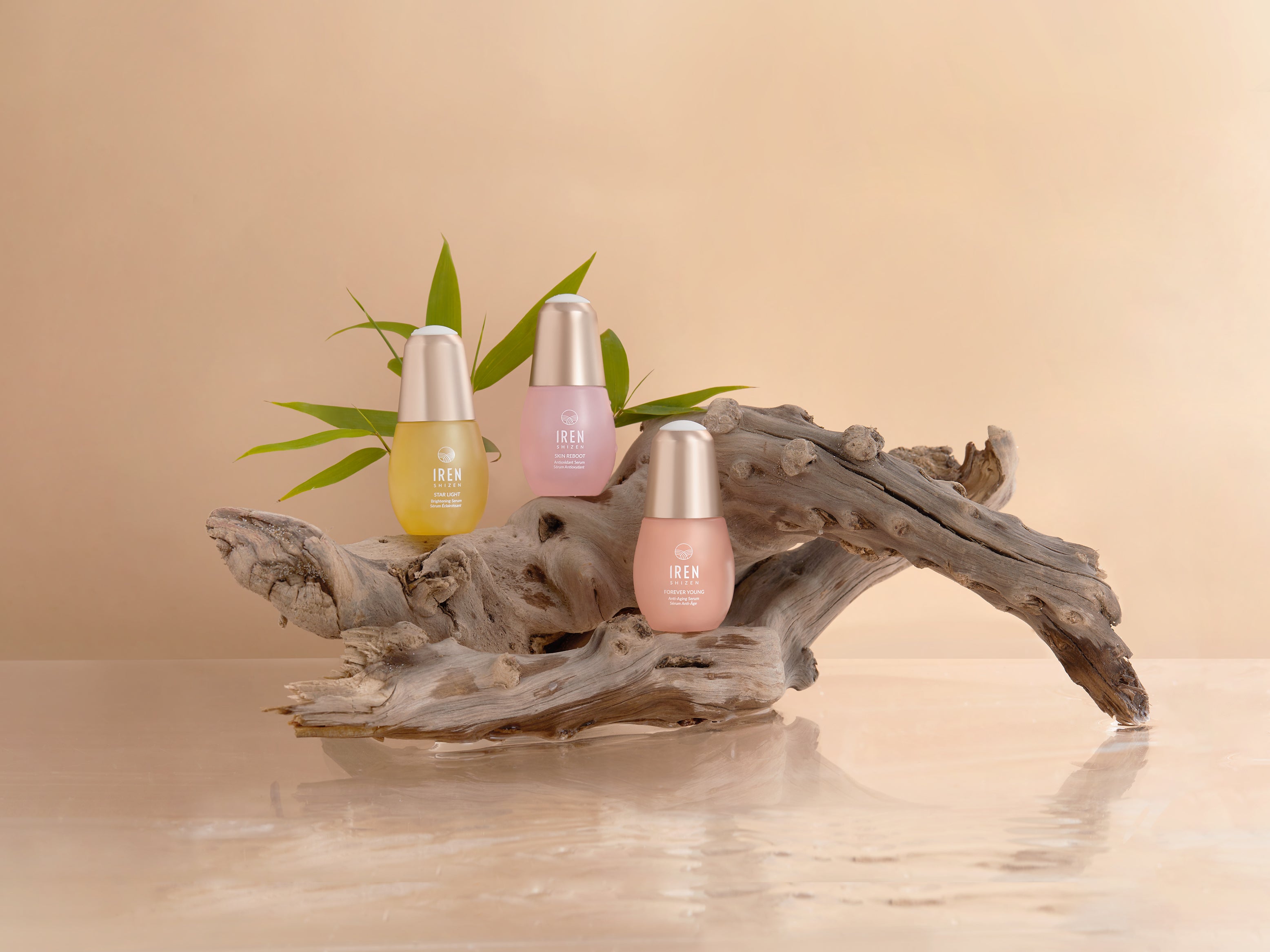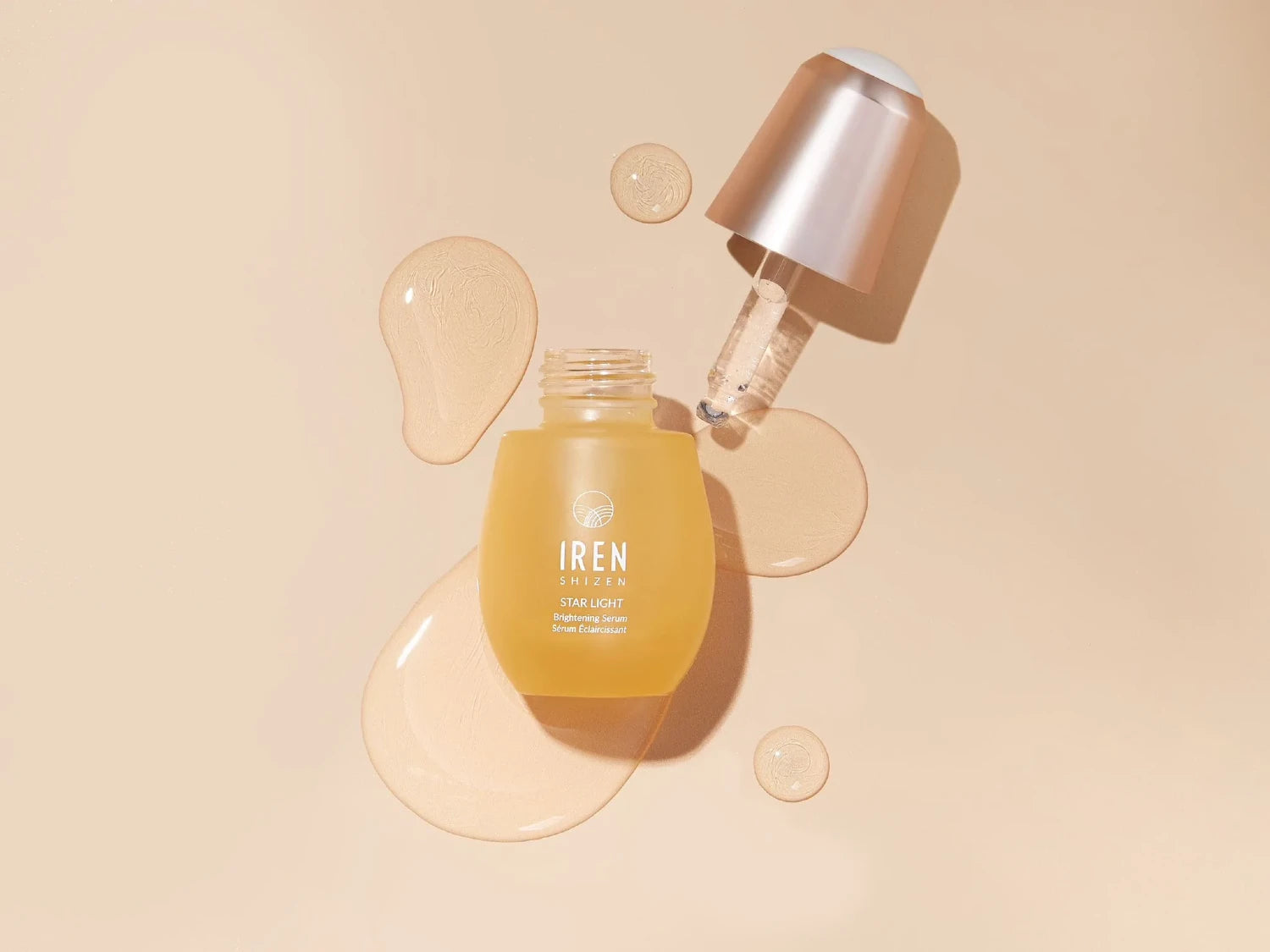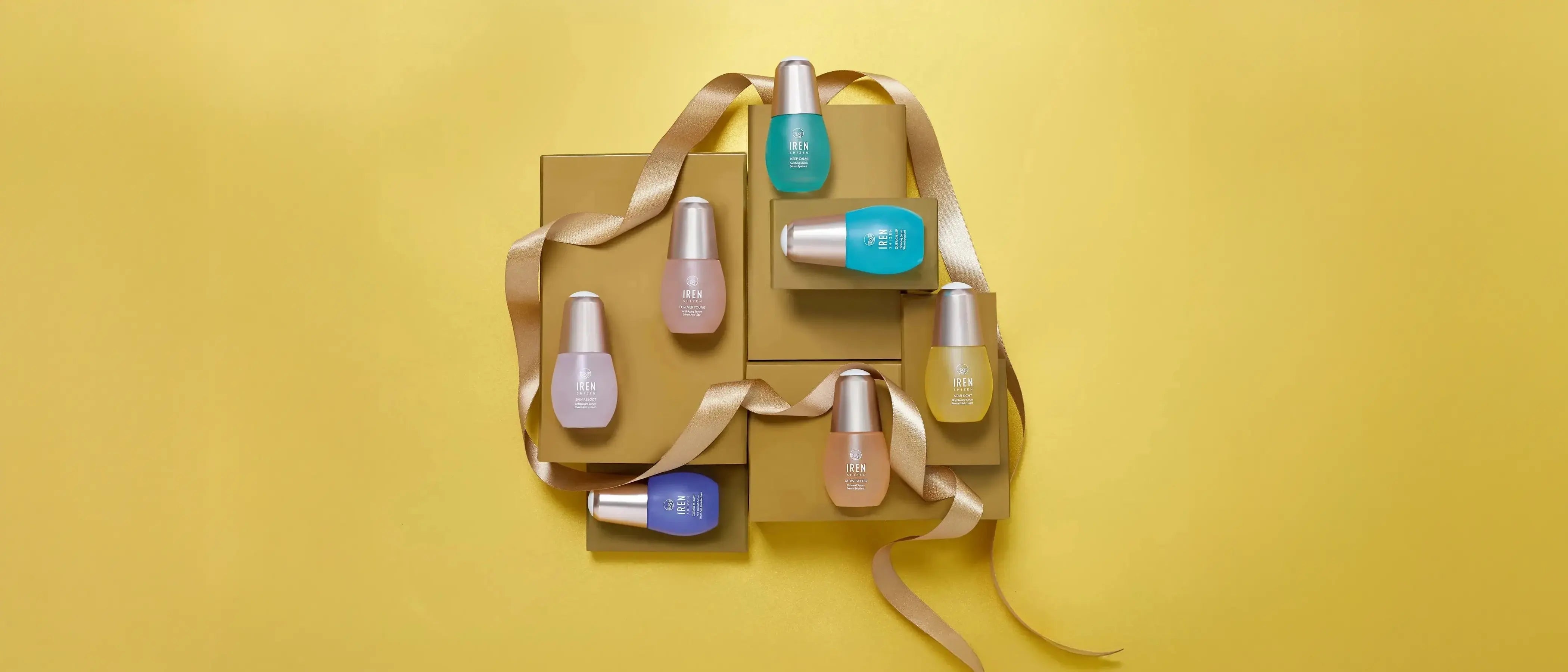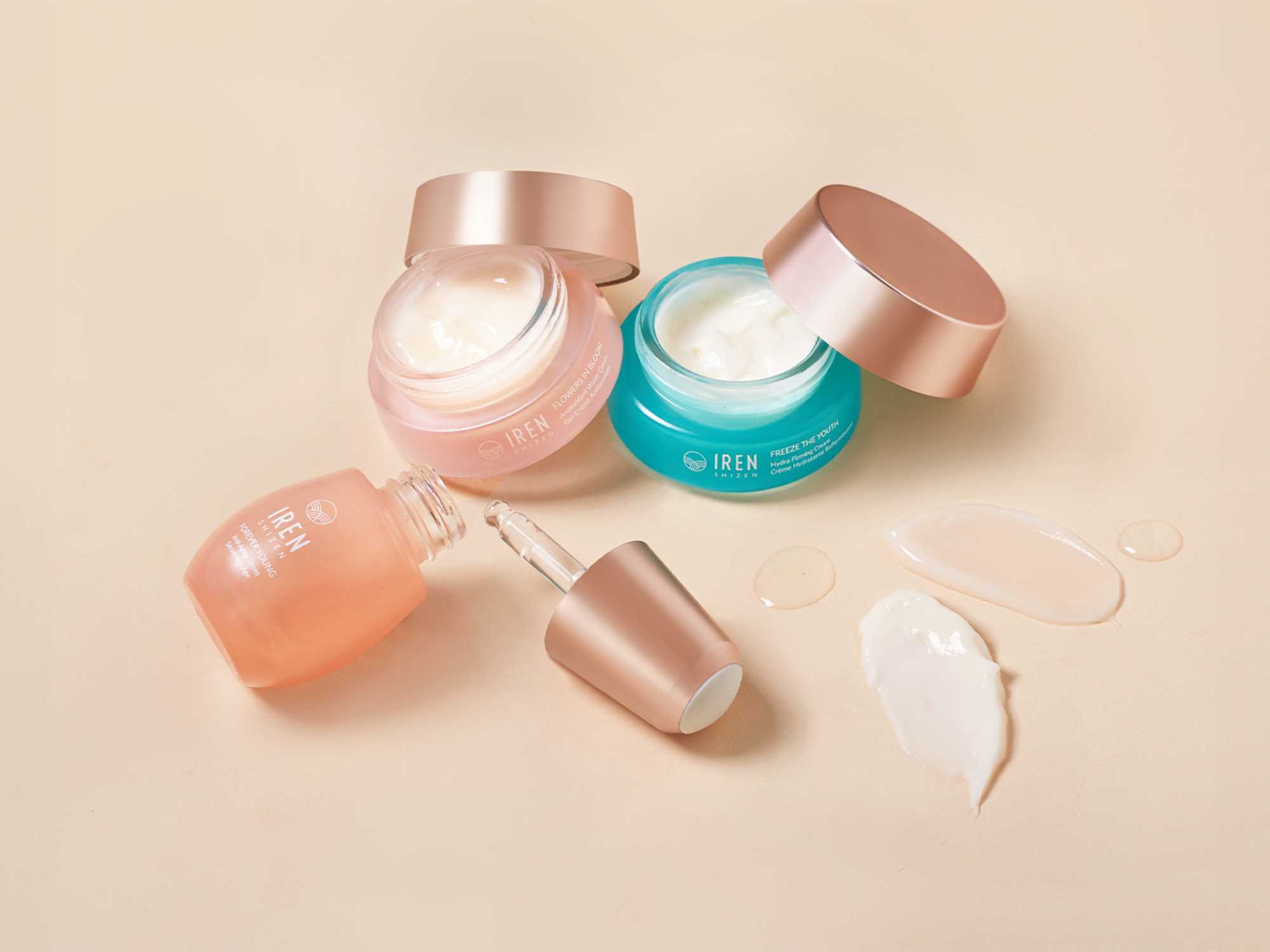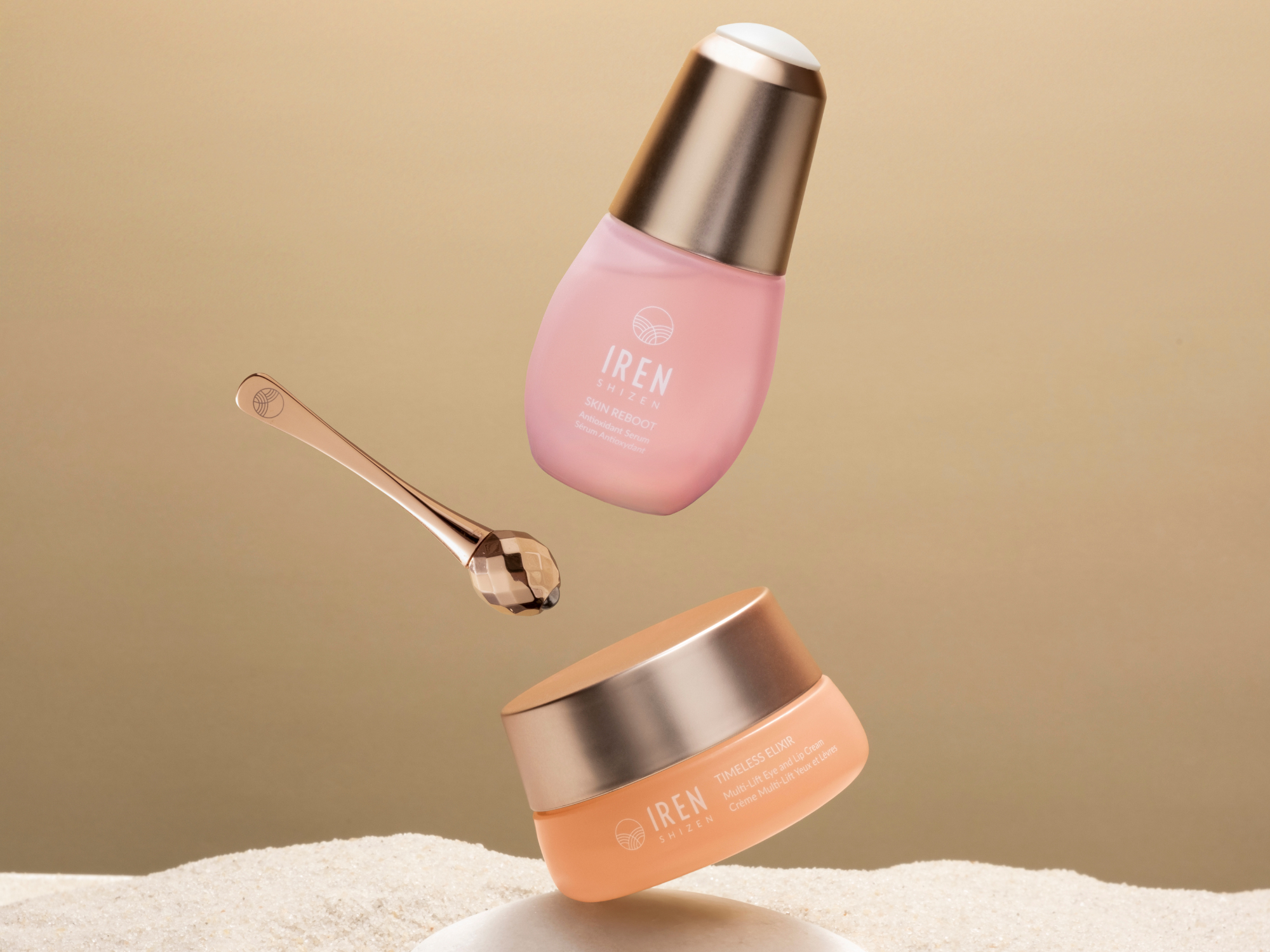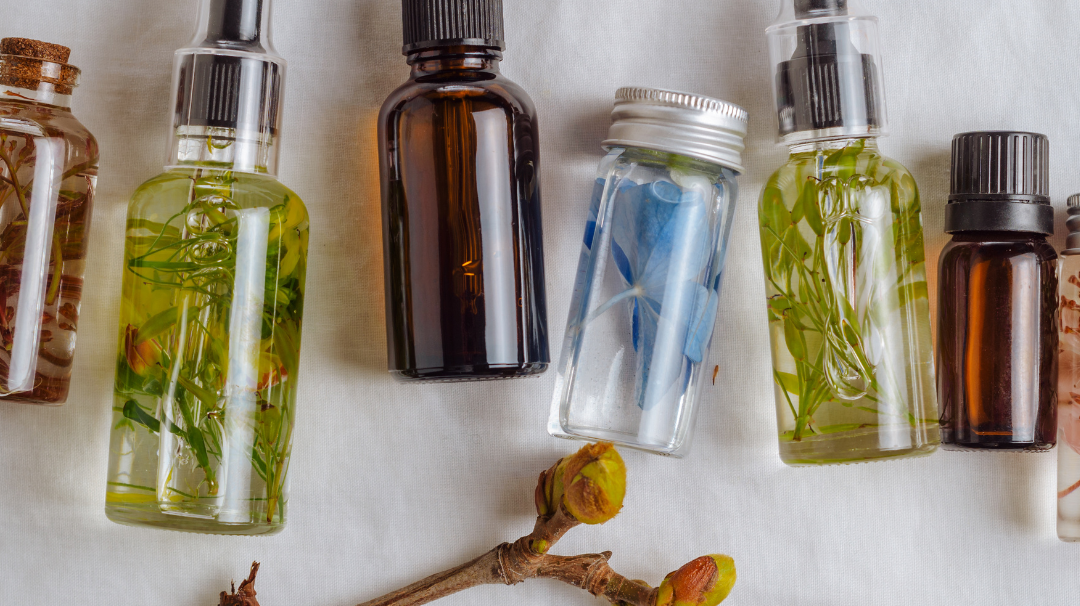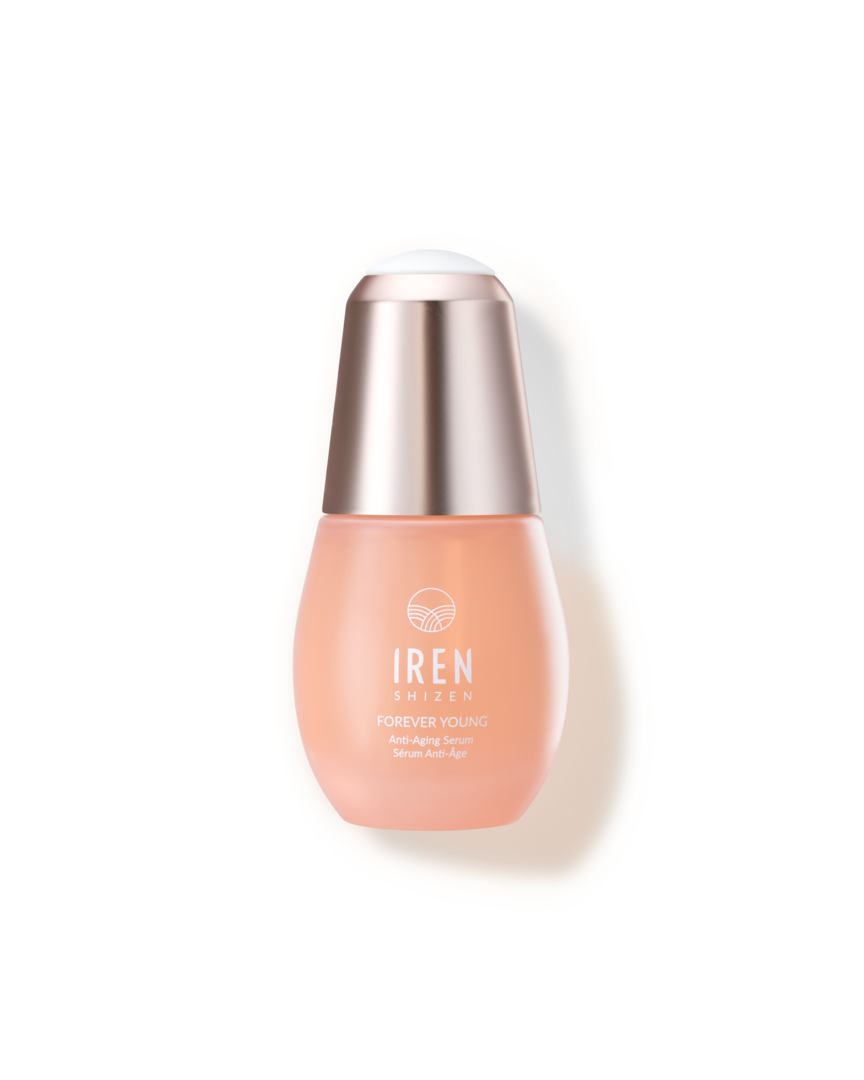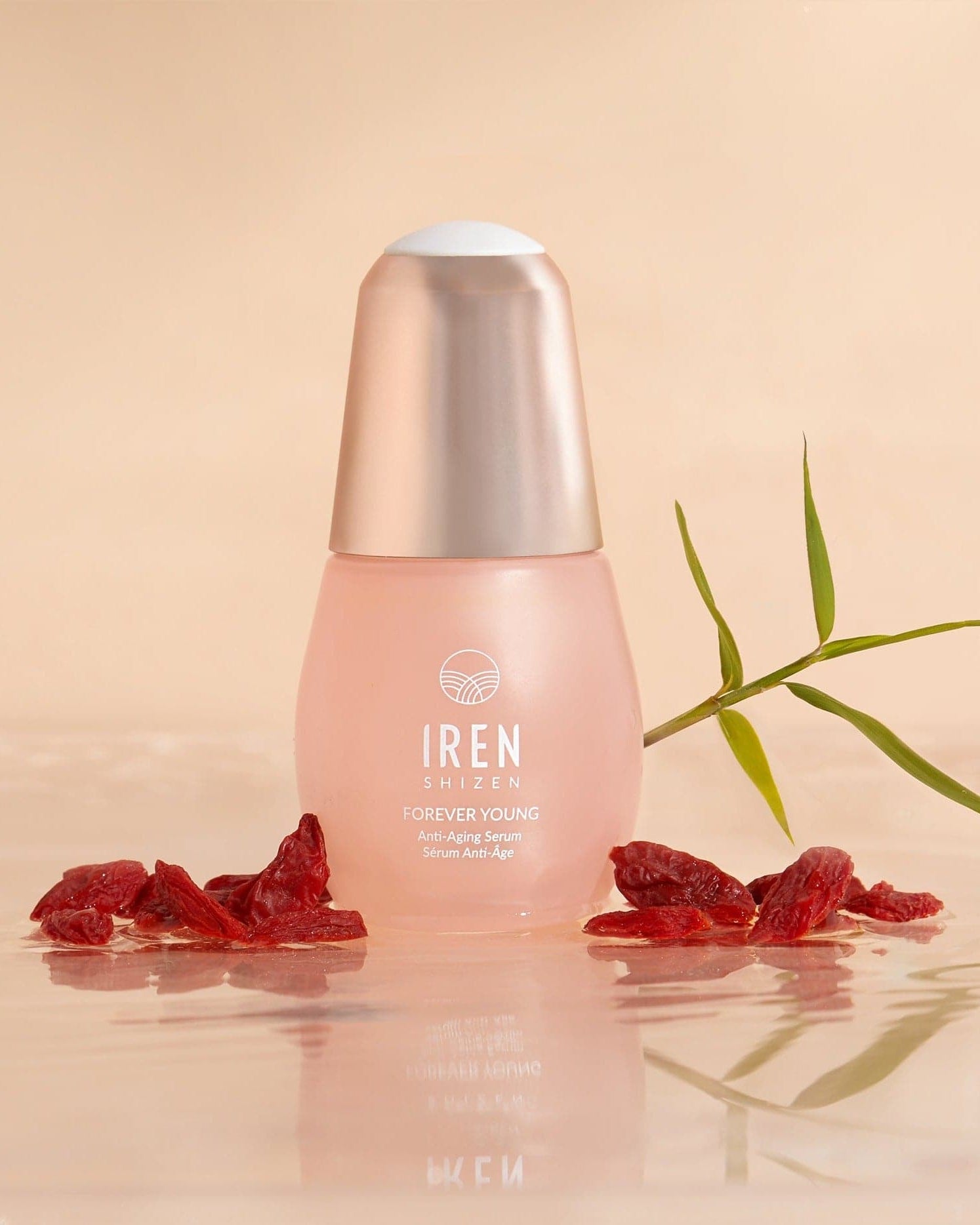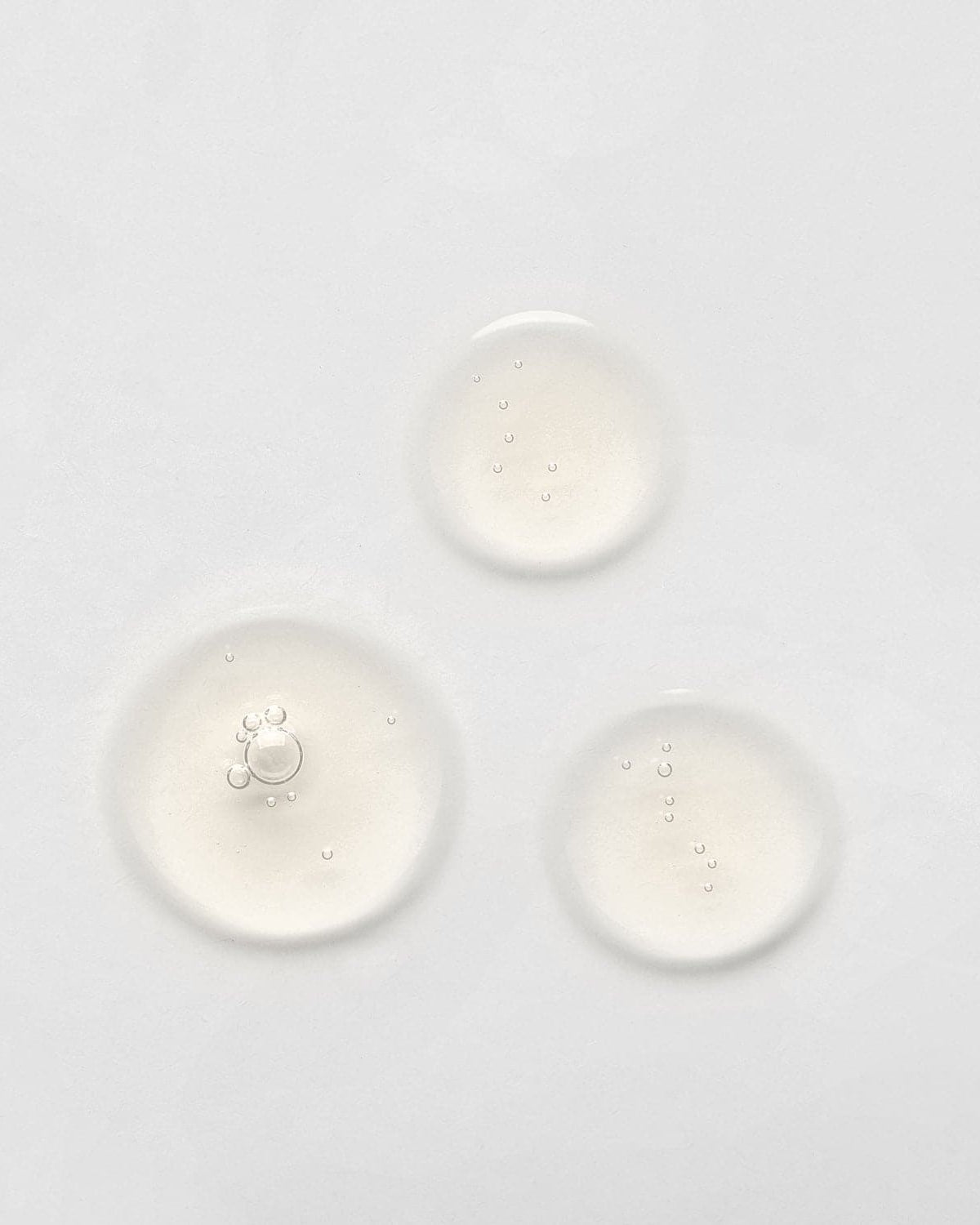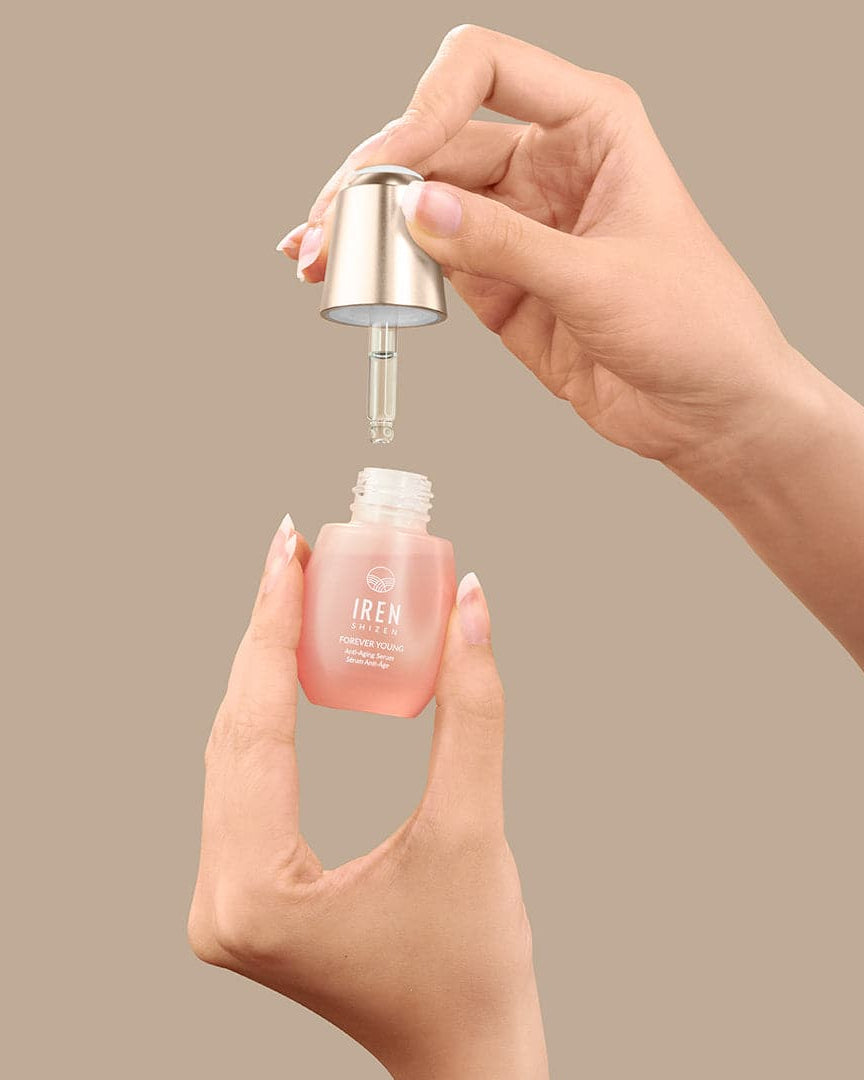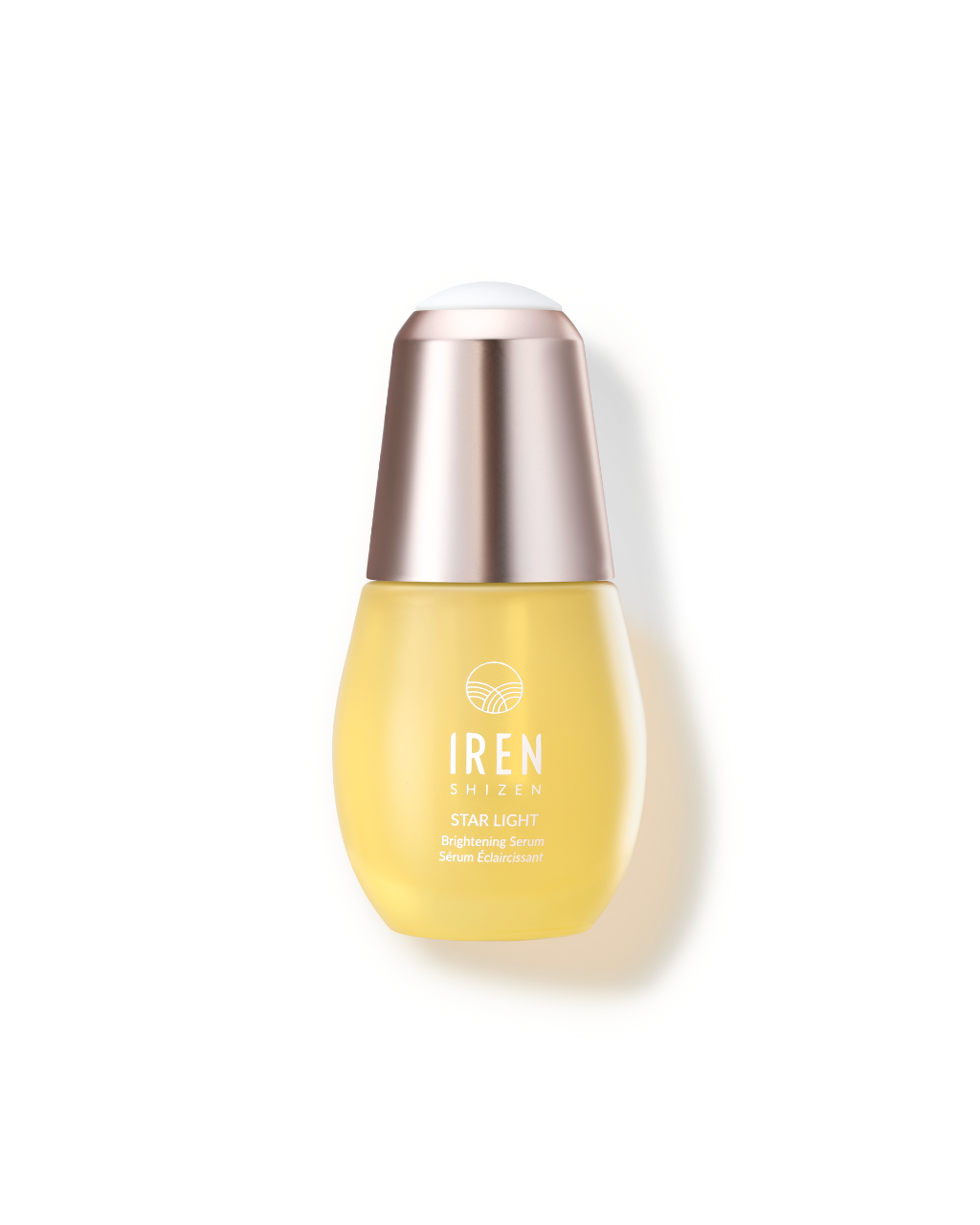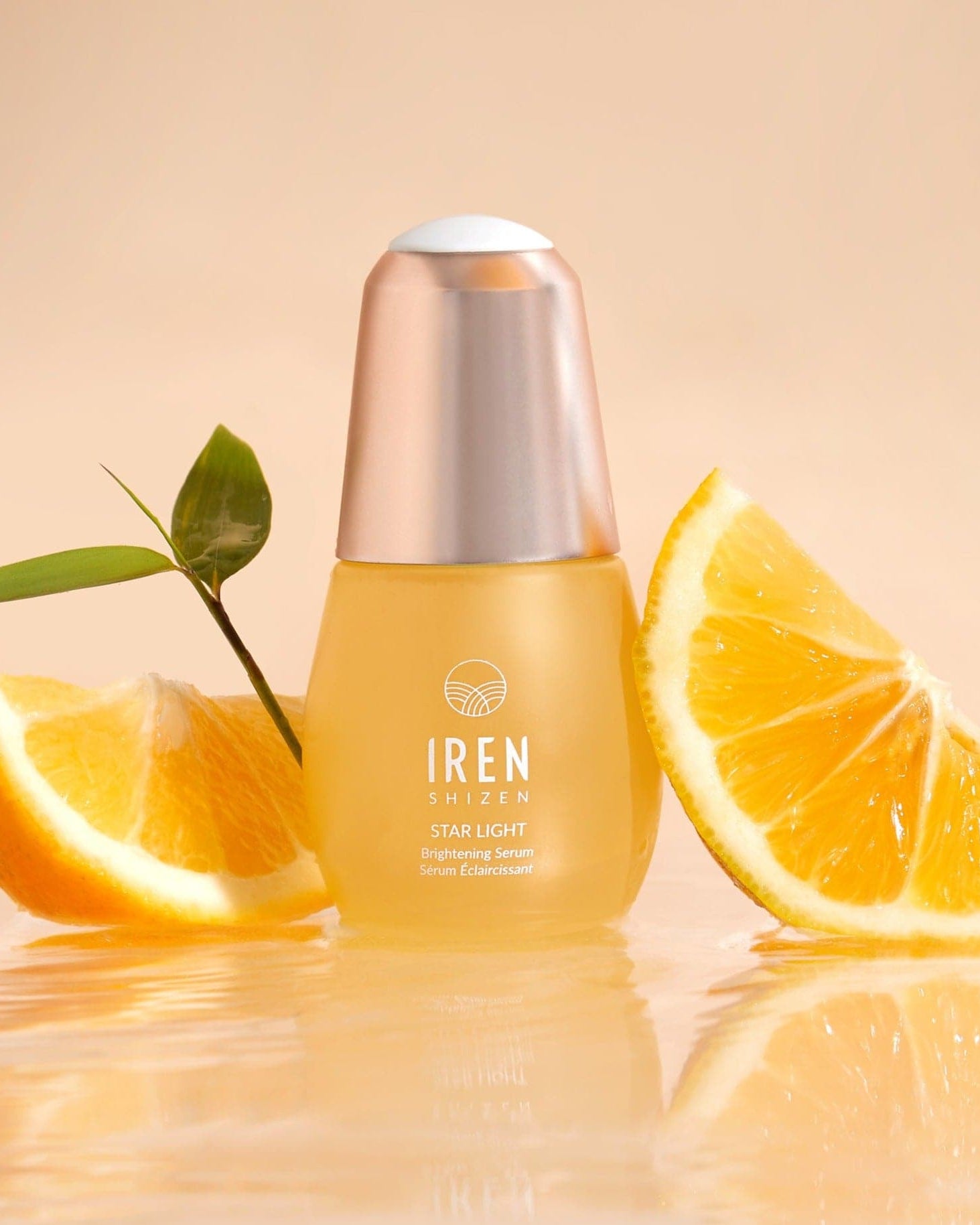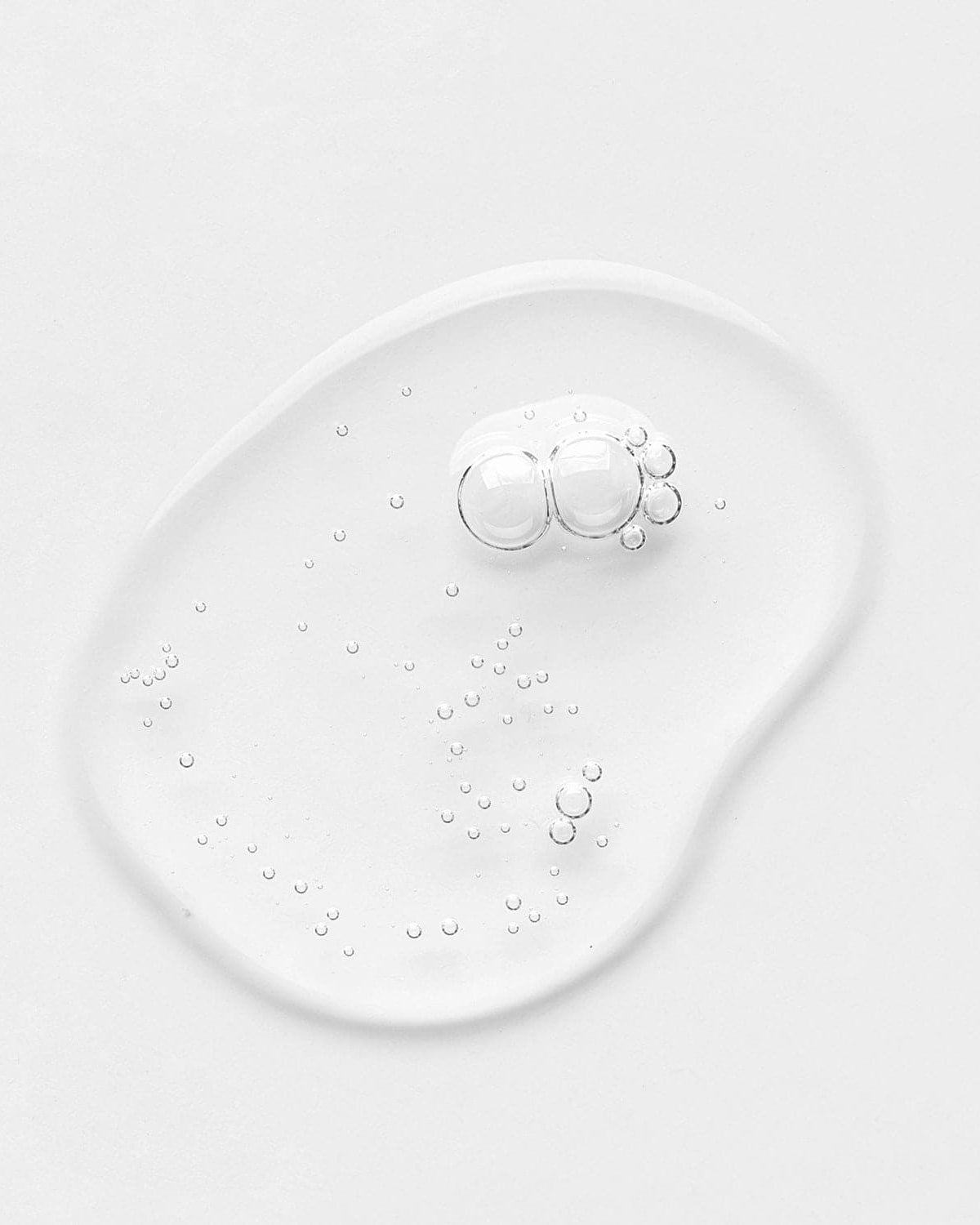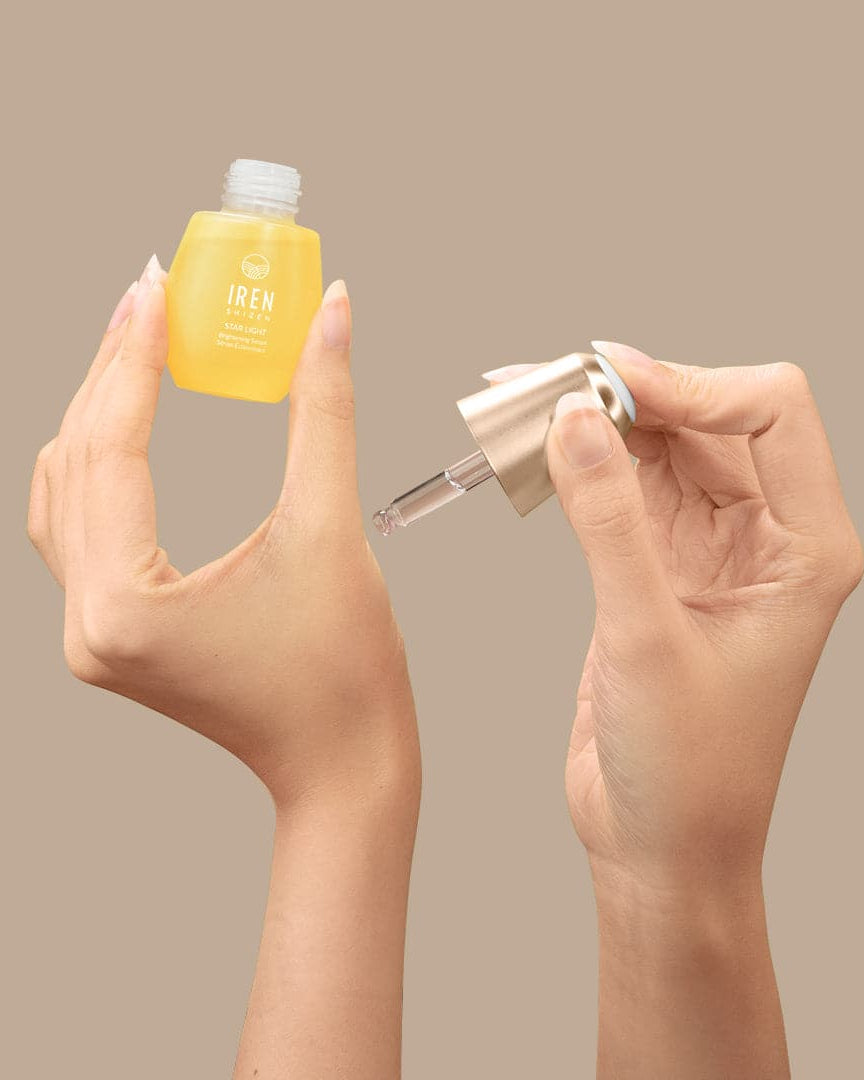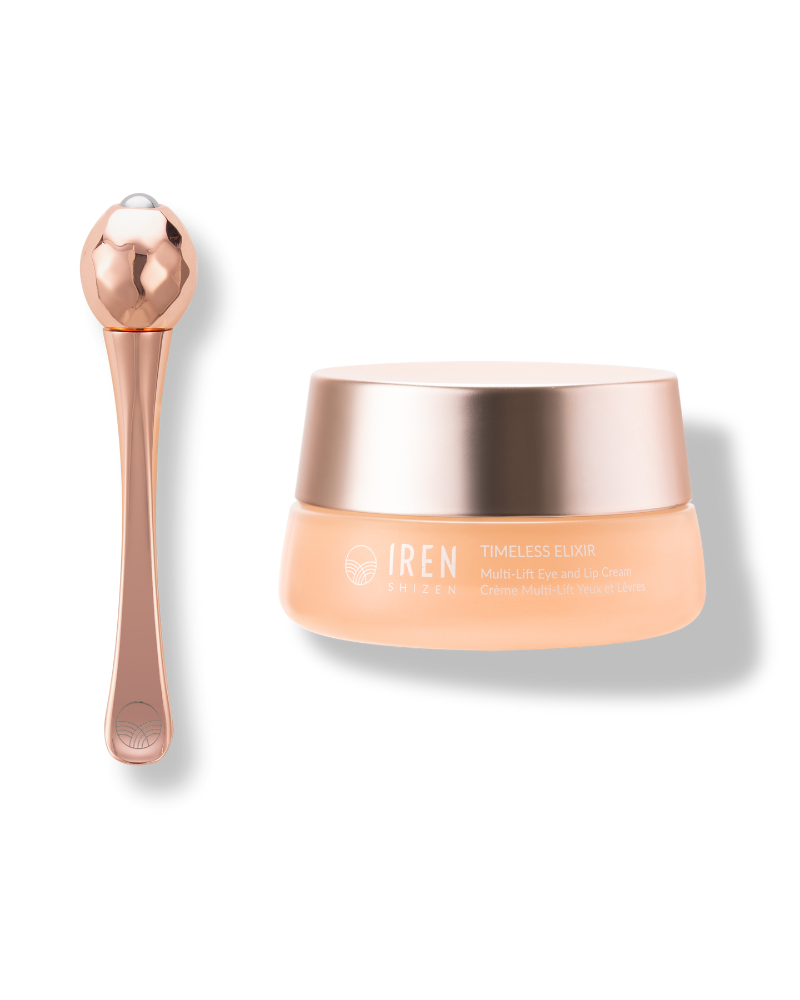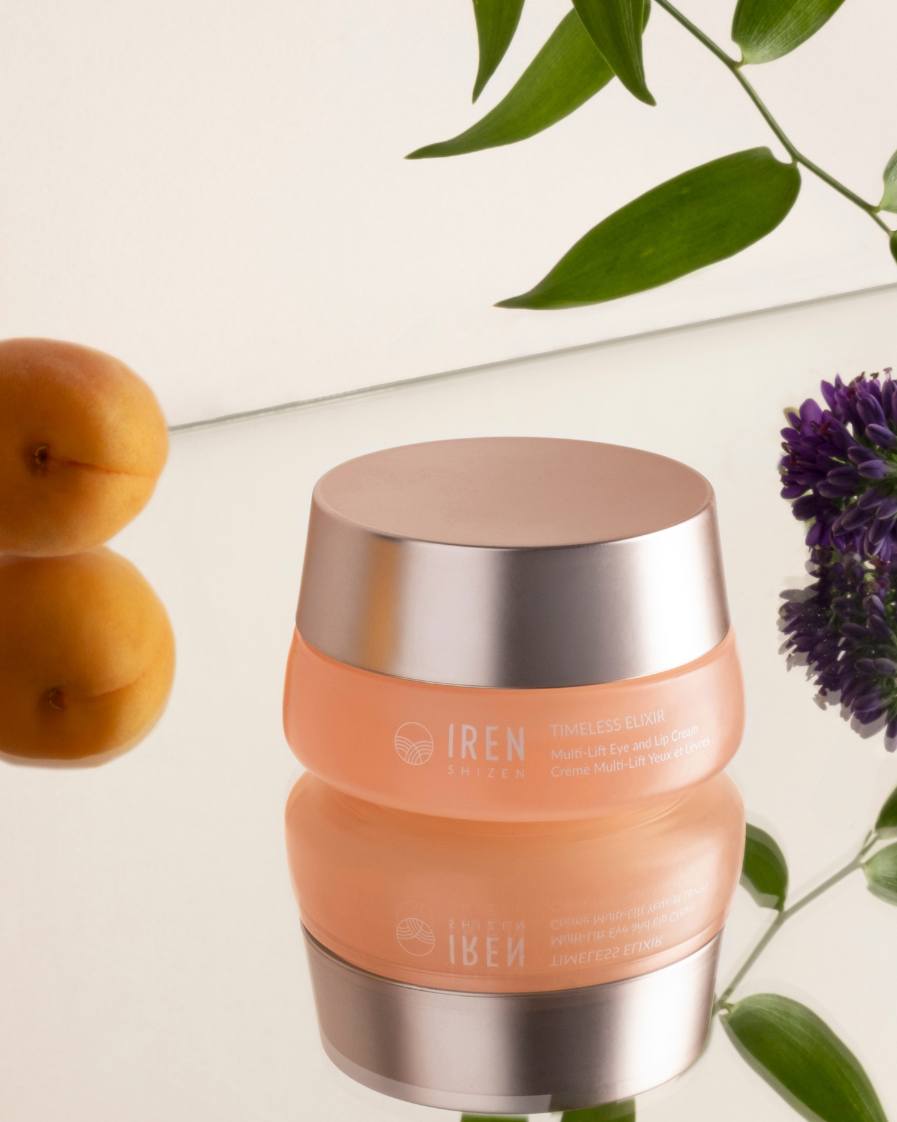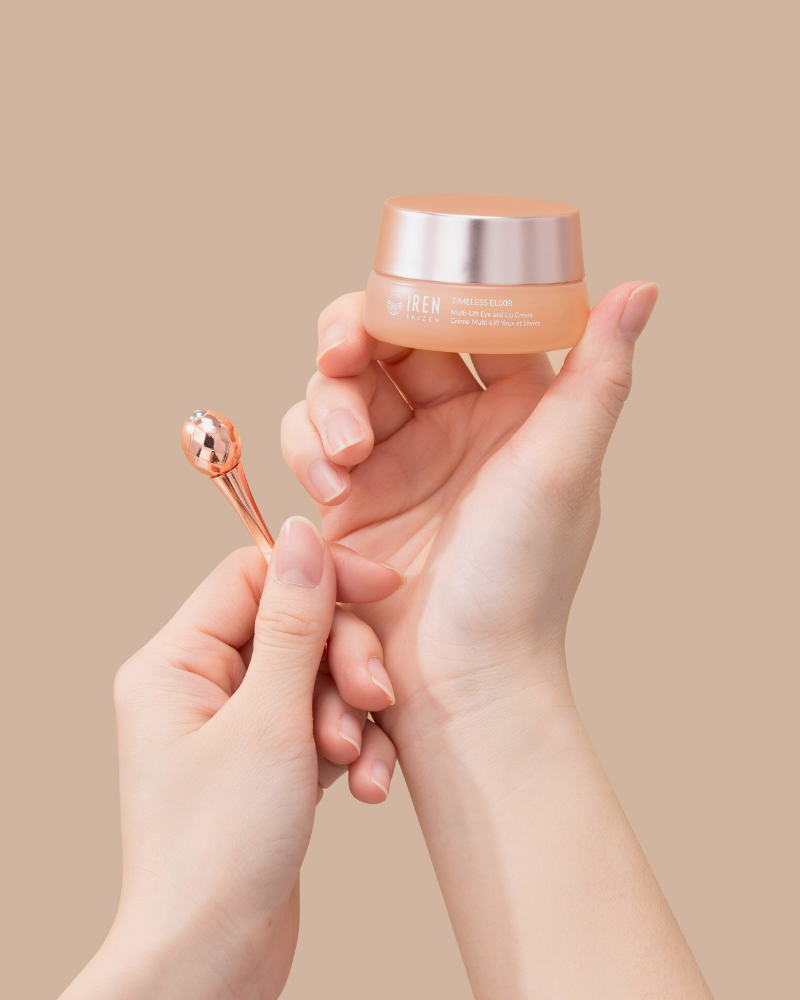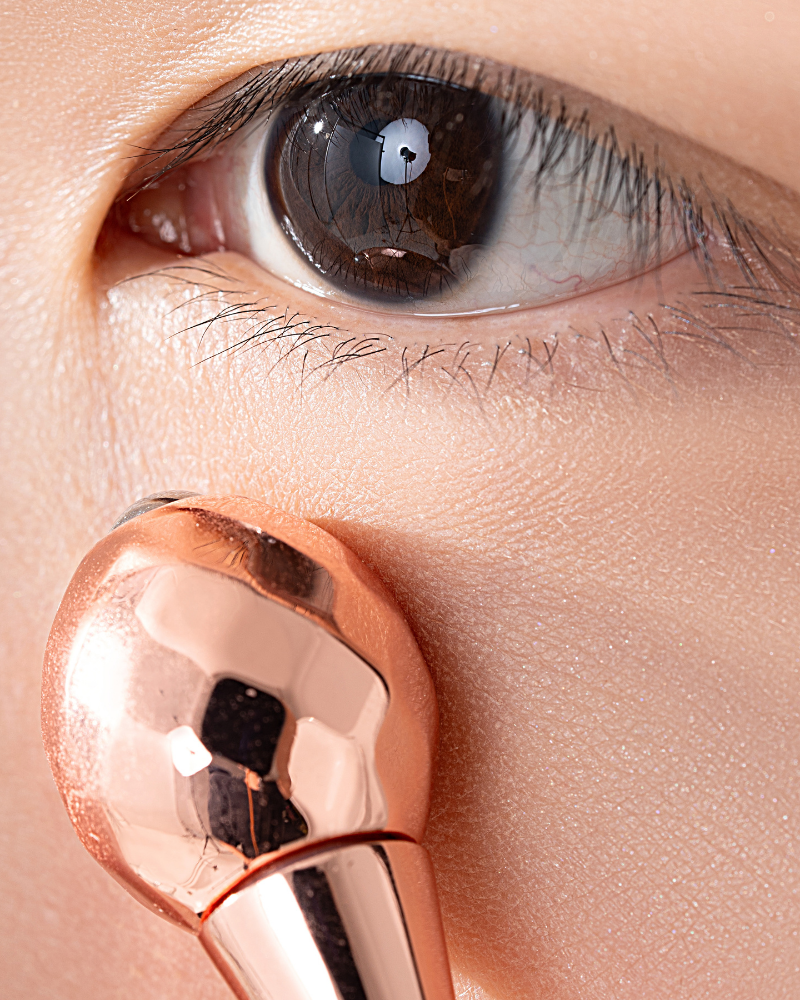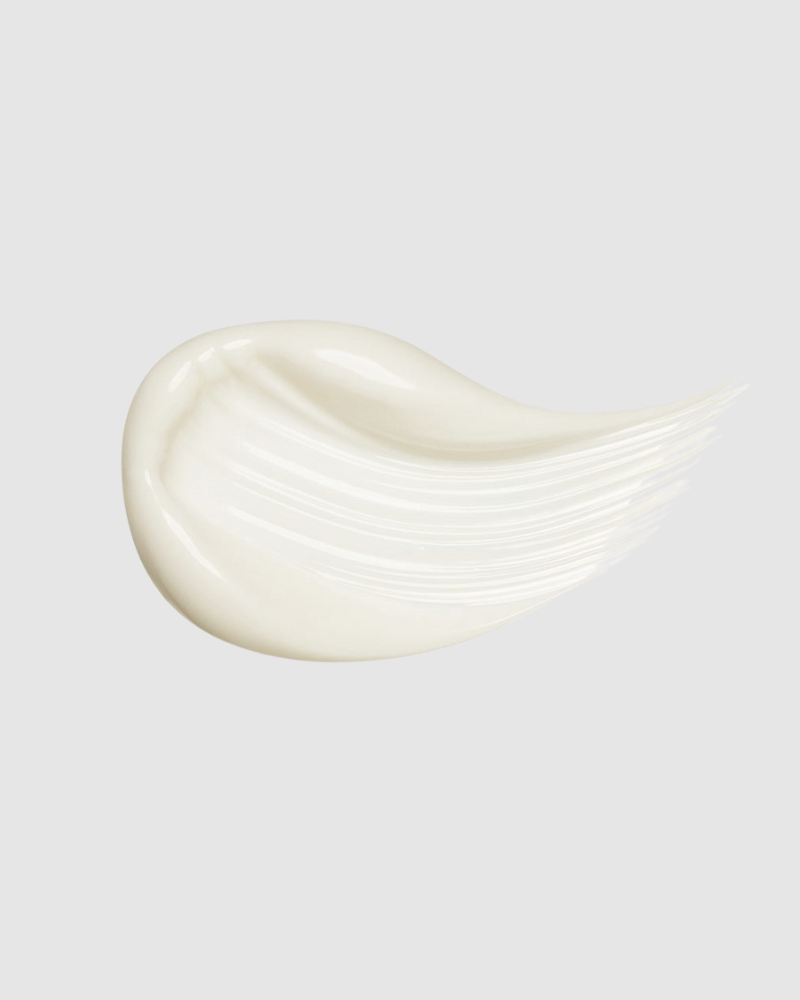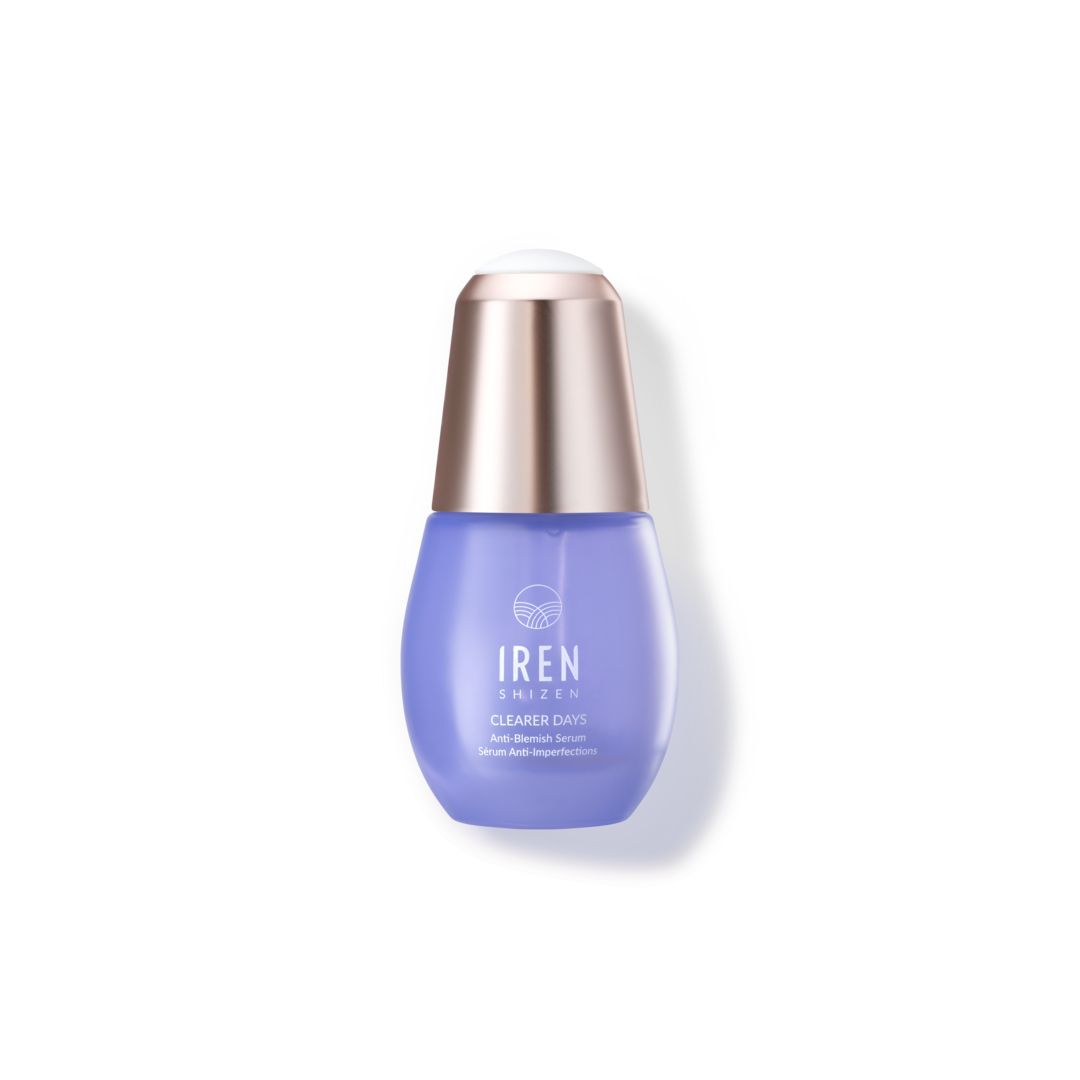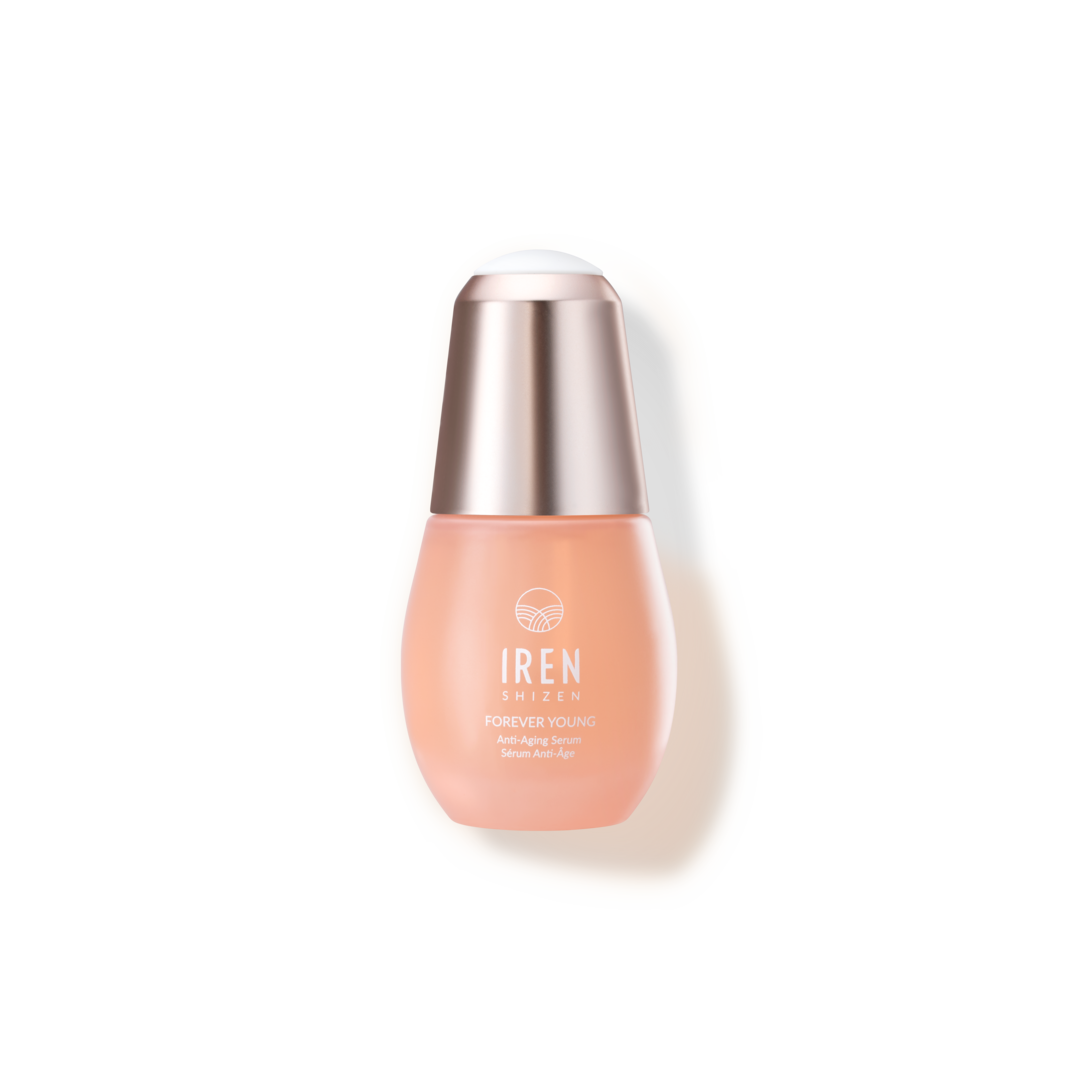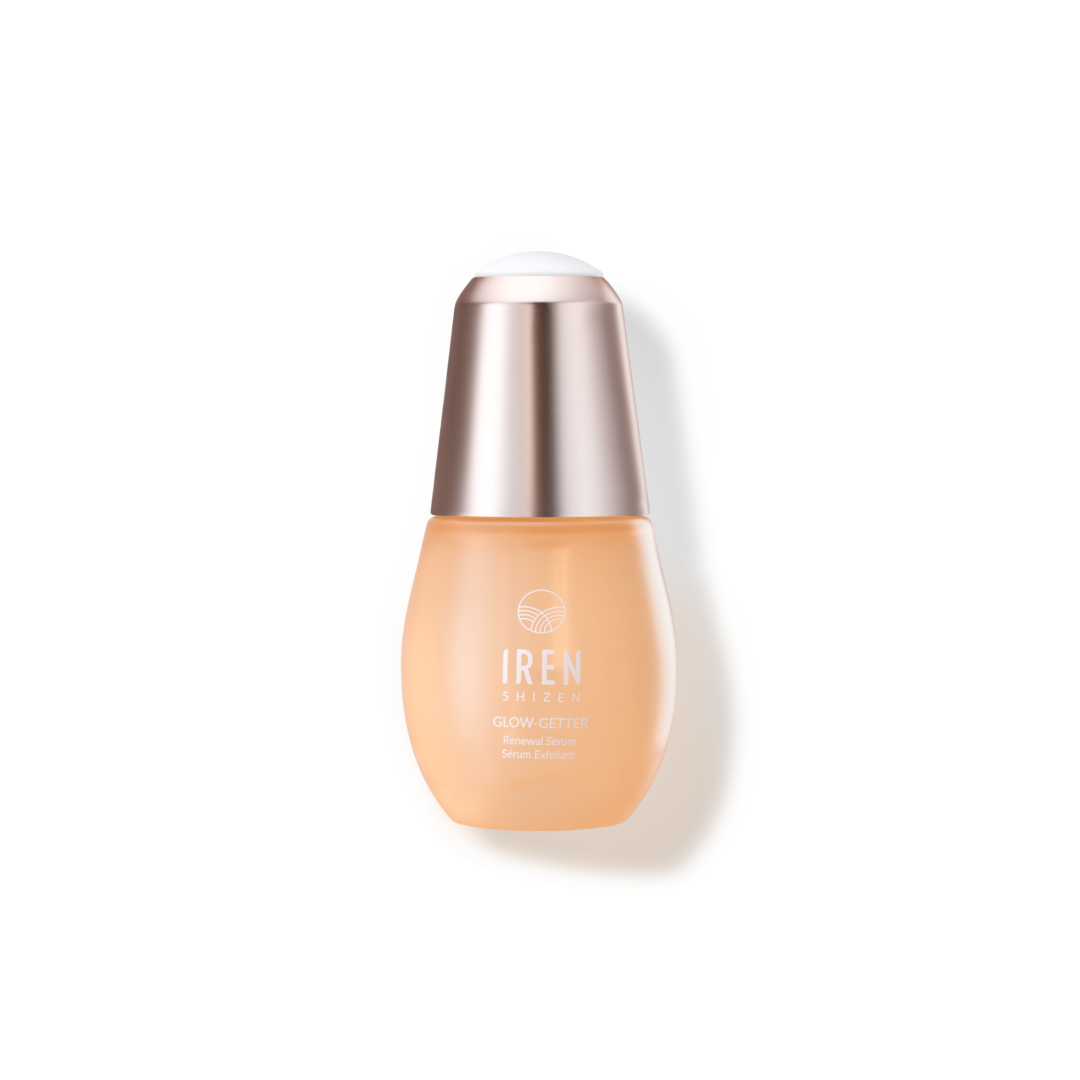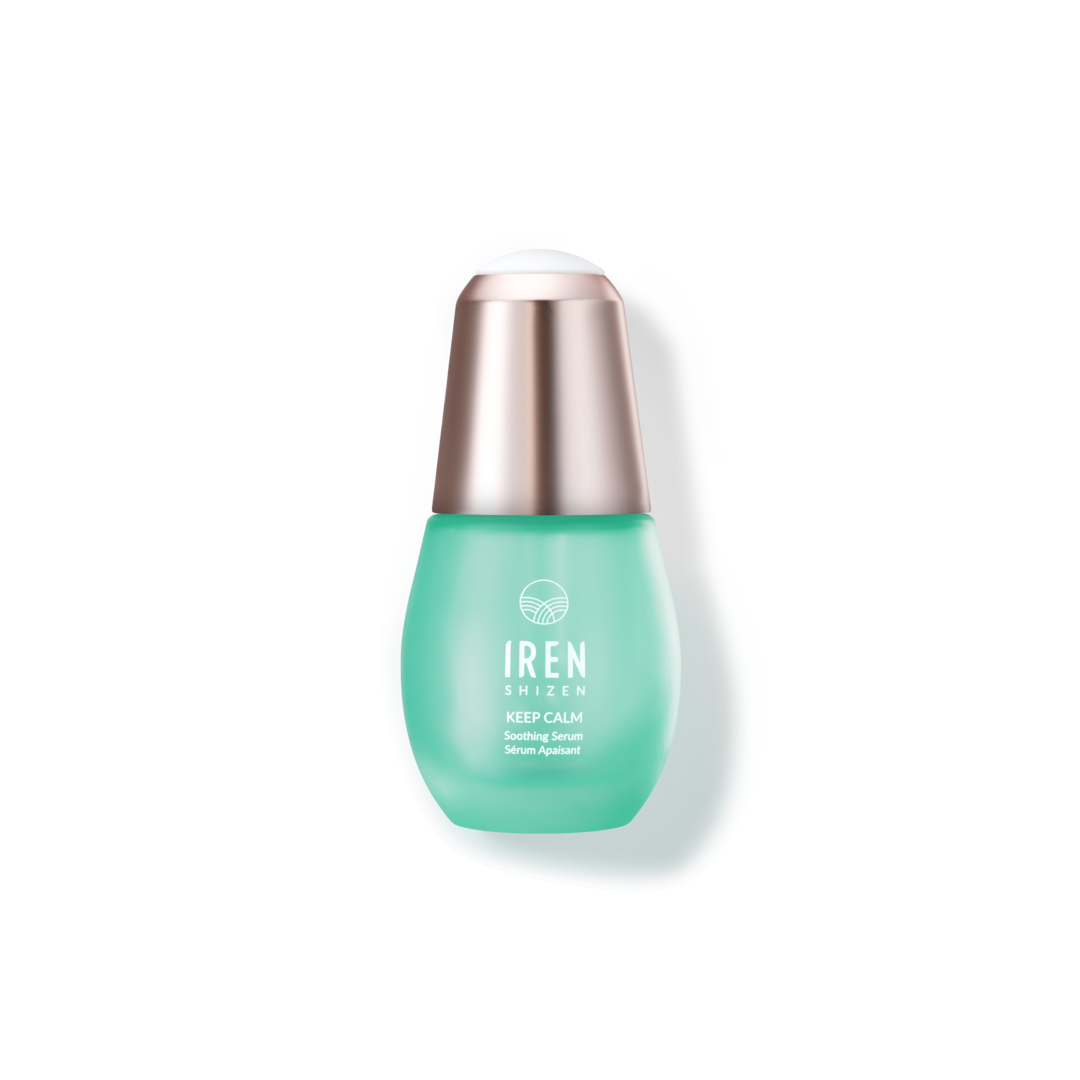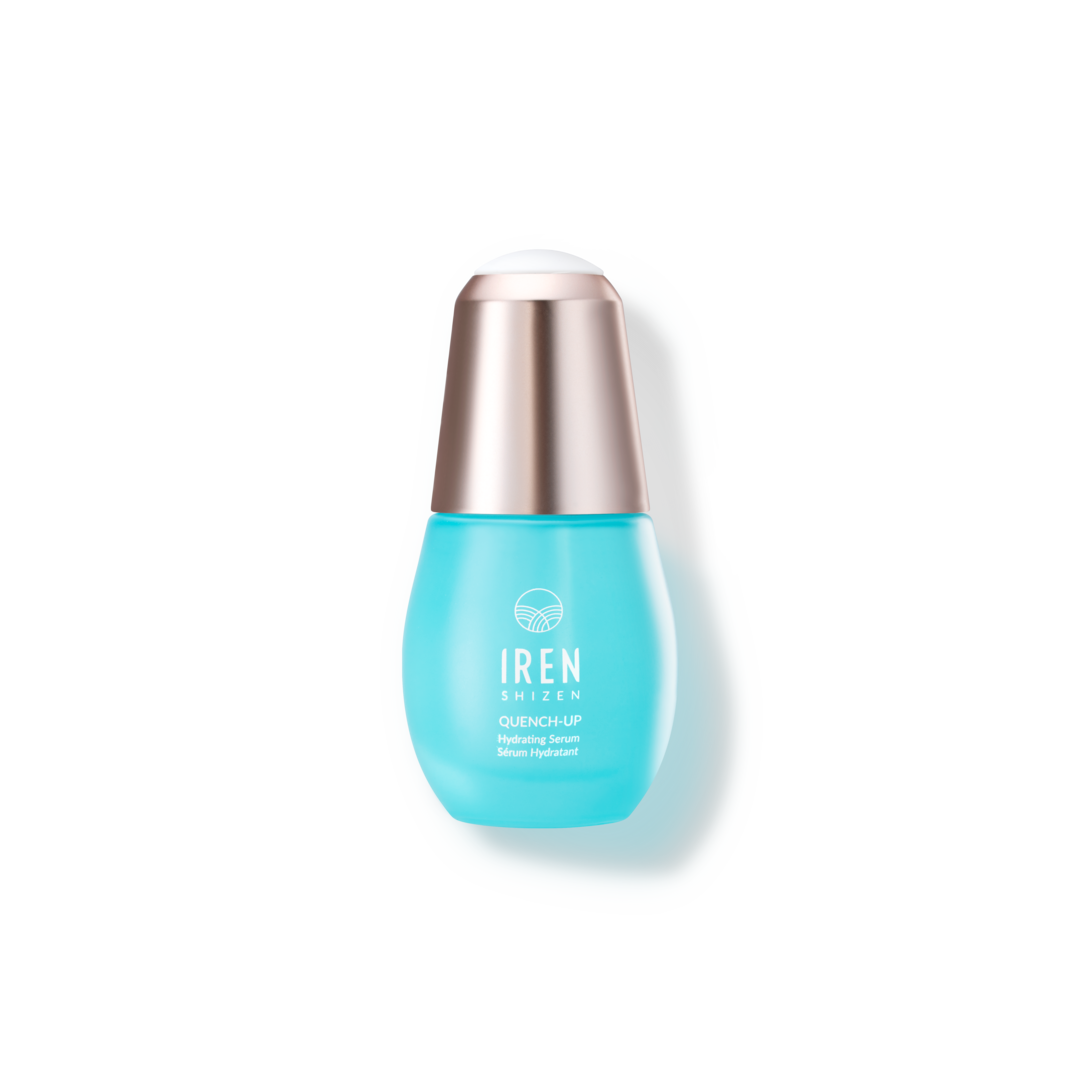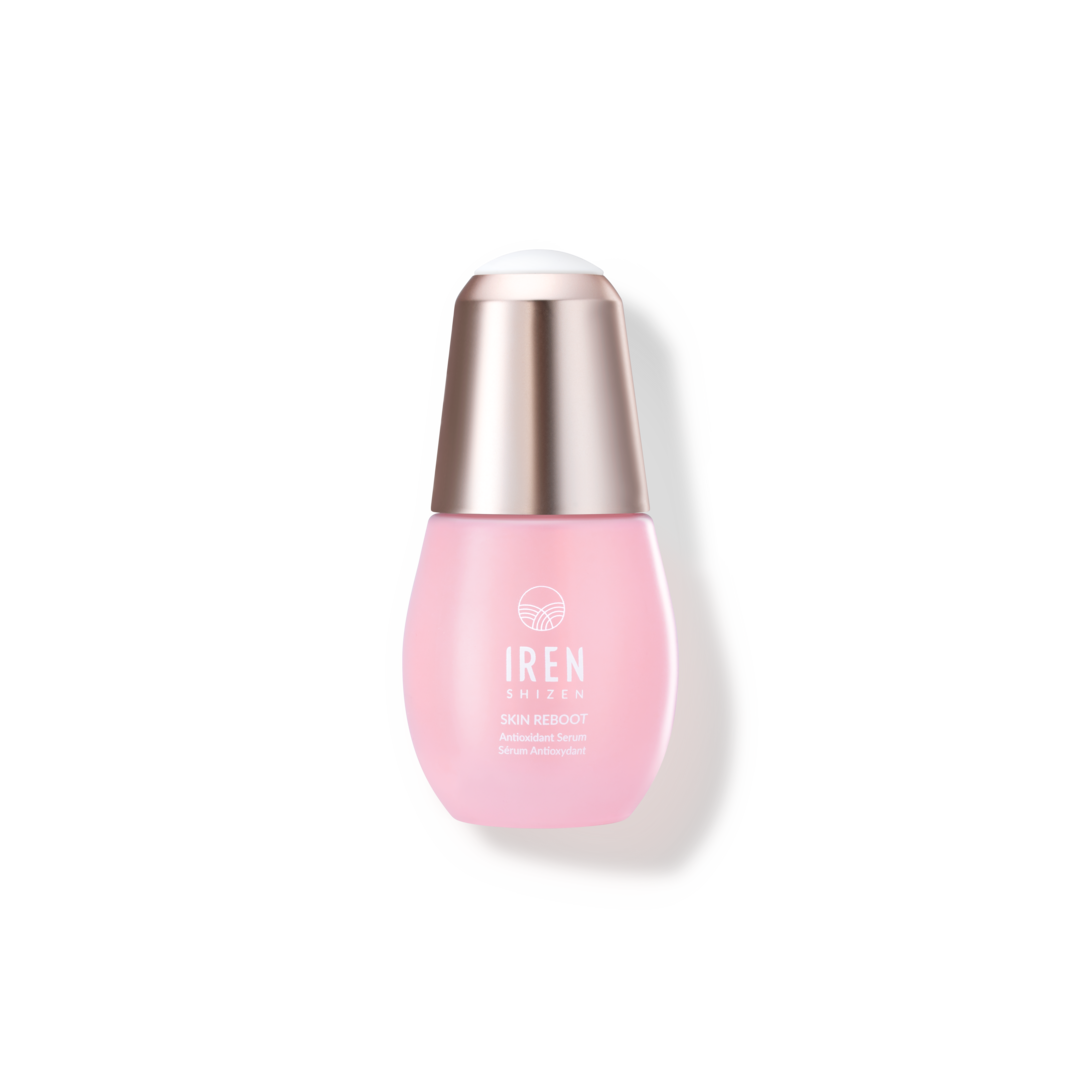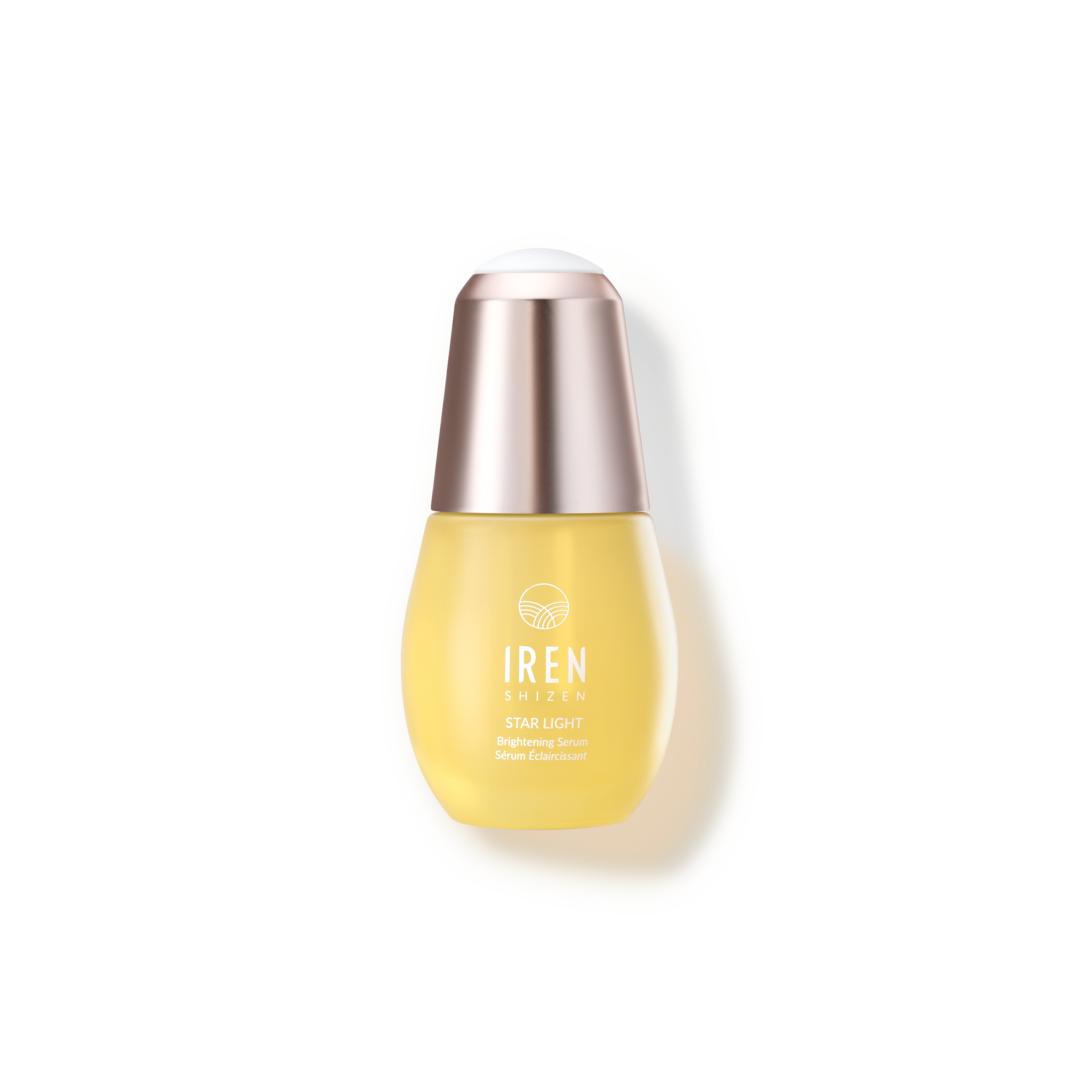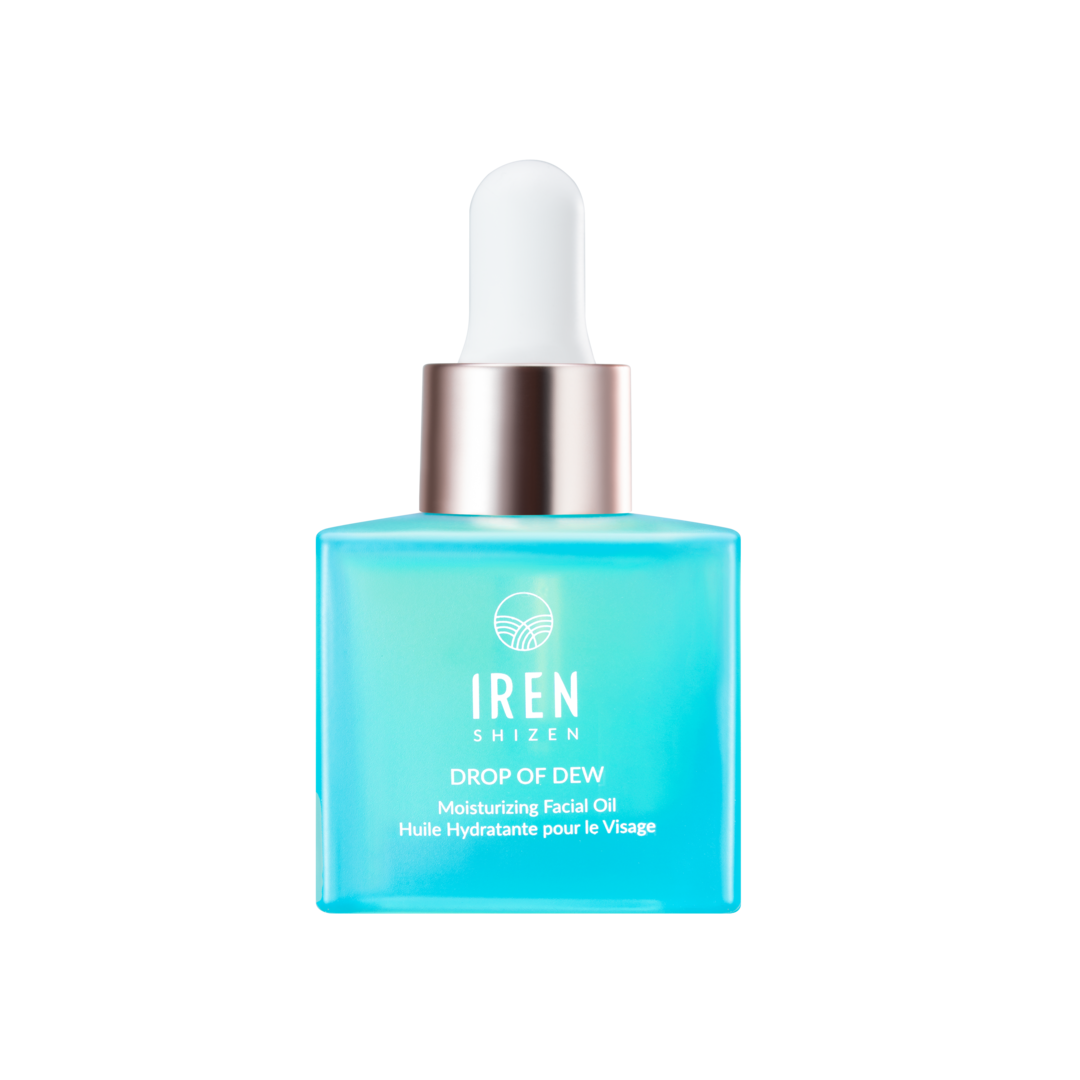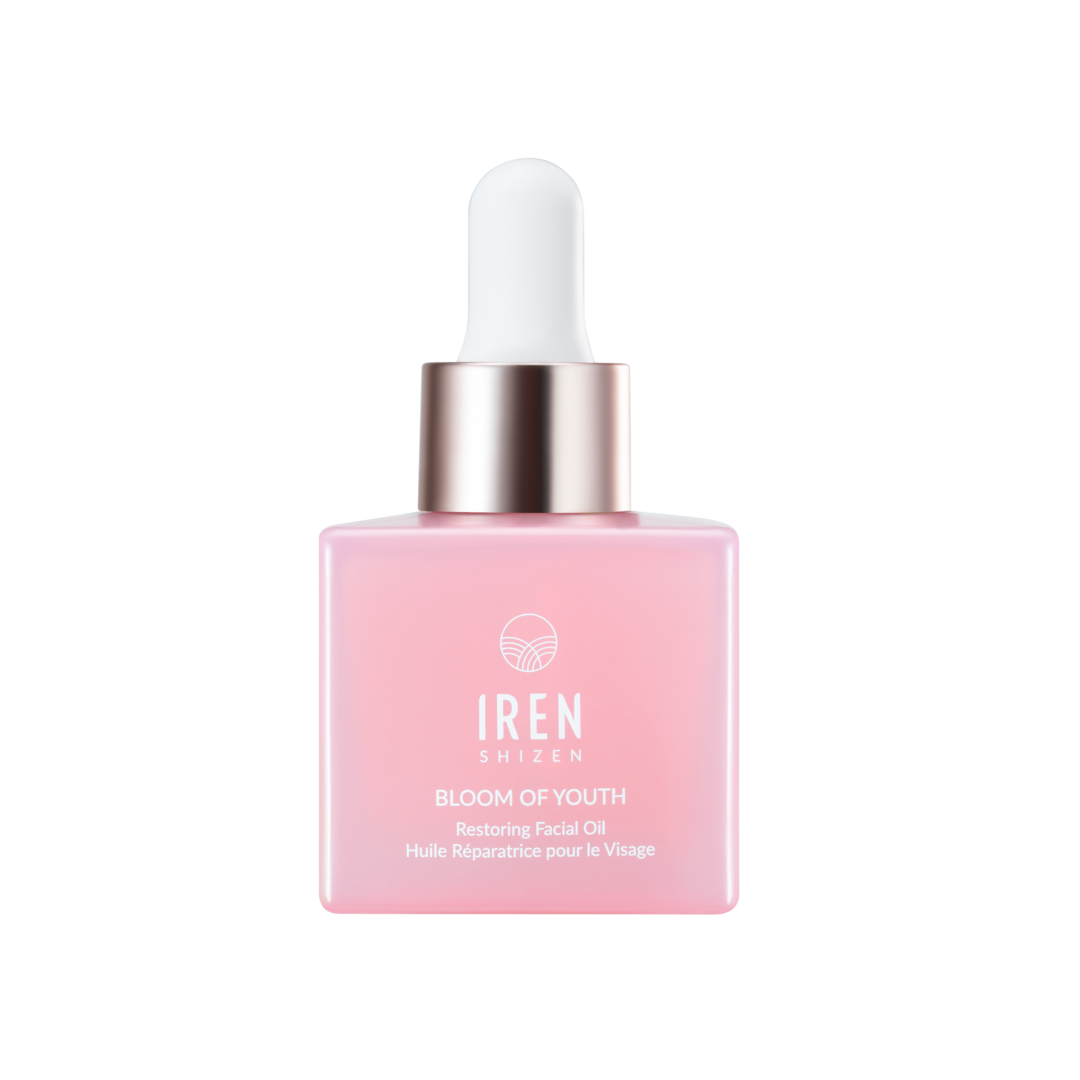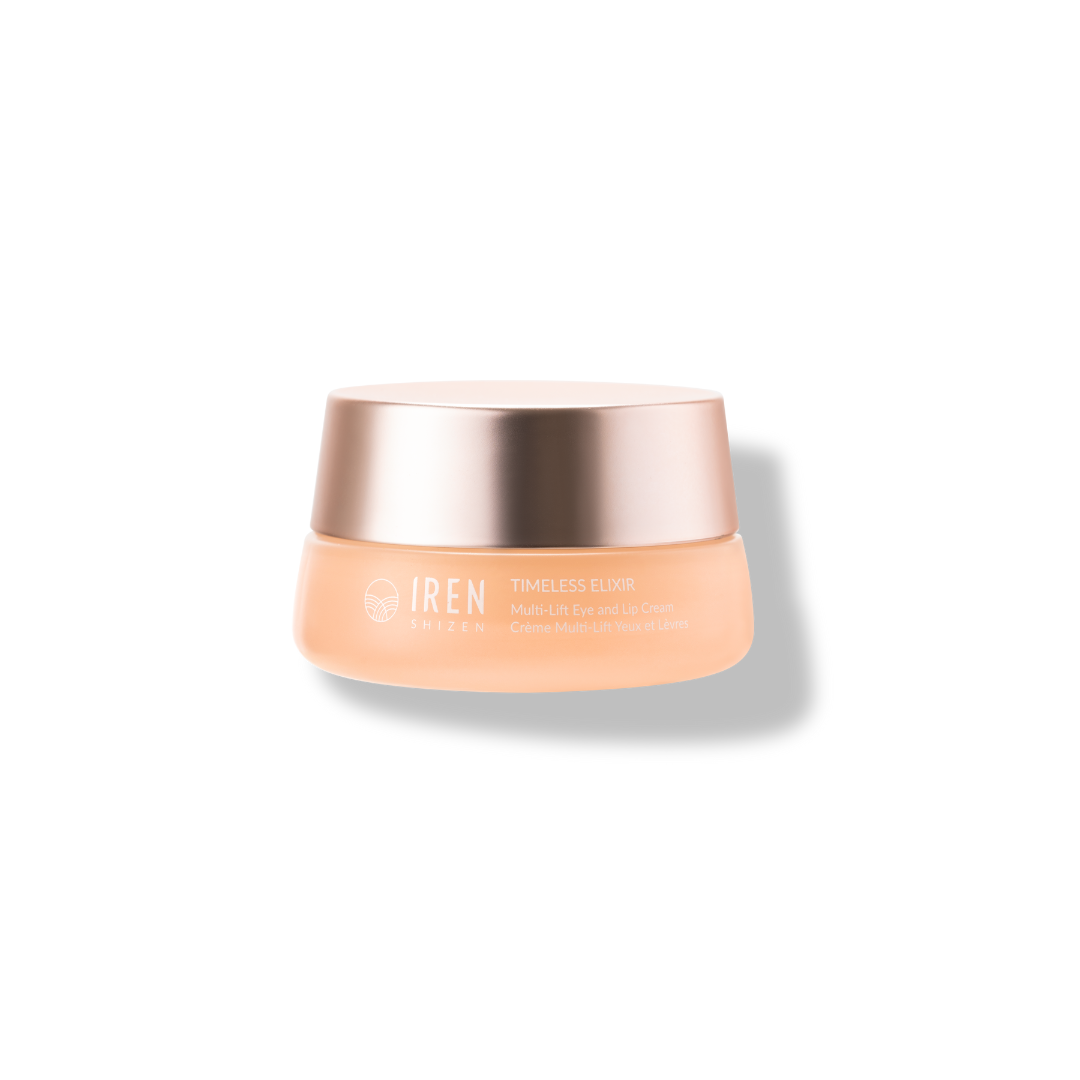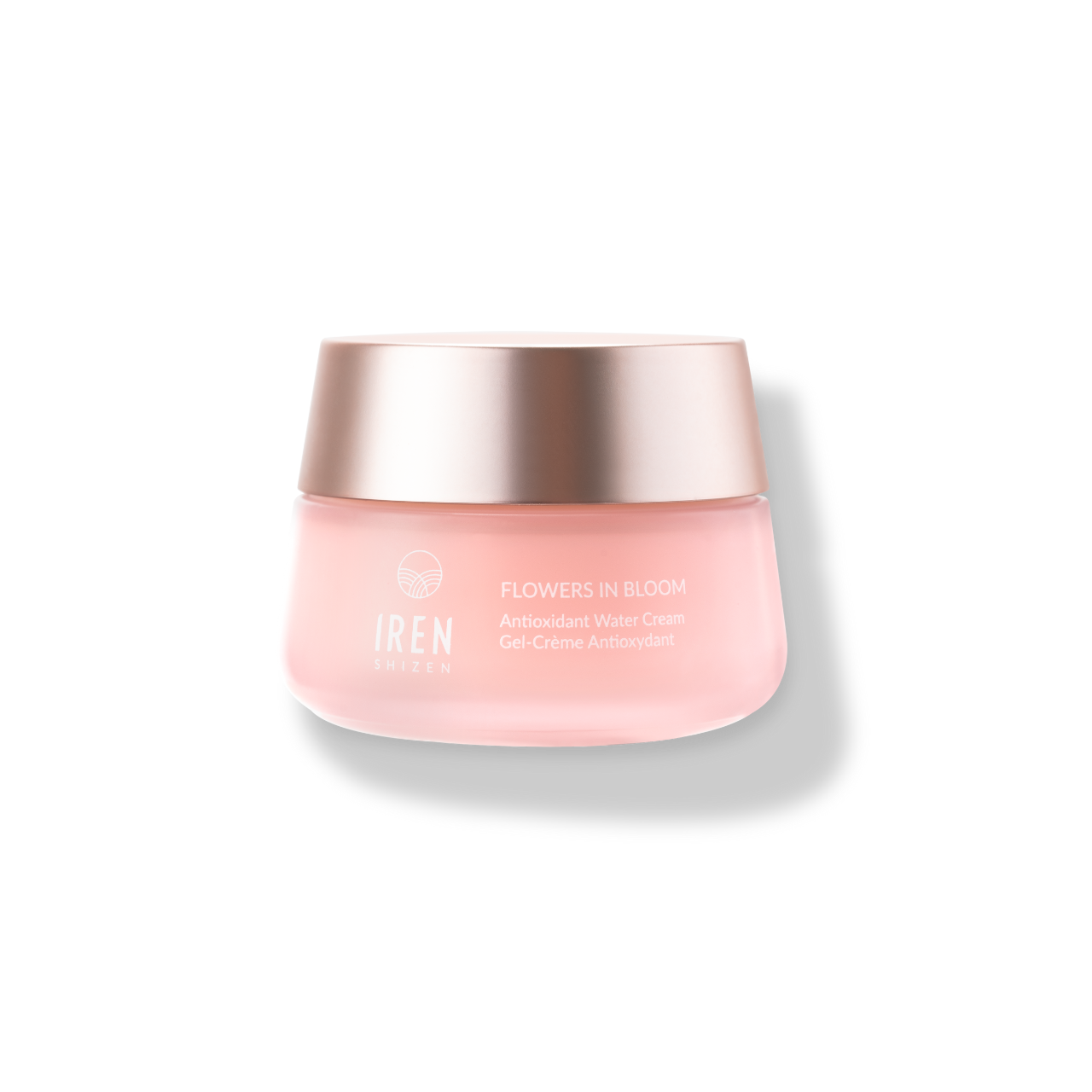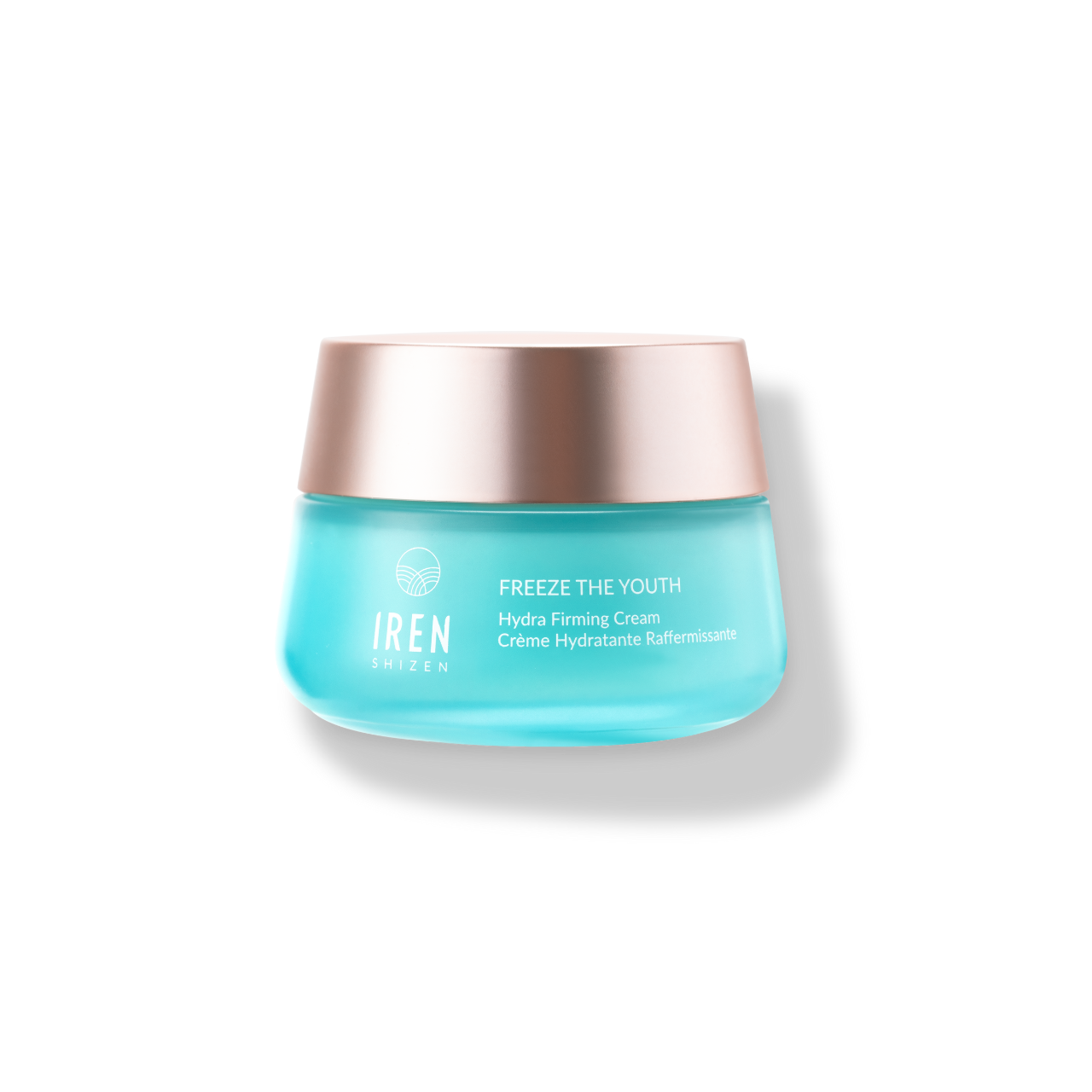Es scheint eine nie endende Debatte darüber zu geben, ob man weiterhin in parfümierte Hautpflege investieren sollte oder nicht. Einerseits sind Düfte dafür verantwortlich, dass man täglich gut riecht (immer ein Pluspunkt!), aber andererseits ist es Wirklich Ist es die anhaltende Sensibilisierung Ihrer Haut wert? Wir meinen nicht!
Lesen Sie weiter, während wir Ihnen alles über diesen schädlichen Inhaltsstoff erzählen und erklären, warum wir ihn in unseren Produkten nicht verwenden.
Was sind Duftstoffe?

Wahrscheinlich sind Sie schon als Kind mit parfümierten Produkten in Berührung gekommen (wie wir uns nach dem Sport frisch gemacht haben) und investieren wahrscheinlich auch heute noch in welche. Aber wussten Sie, dass Düfte mit der Psychologie und den menschlichen Emotionen in Verbindung stehen?
Experten zufolge können Gerüche die psychische Funktion beeinflussen – von der Wahrnehmung bis hin zu unseren Gefühlen und unserem Verhalten. Zwei faszinierende Beispiele dafür? Süße Aromen oder Düfte erhöhen die Schmerztoleranz, und gewöhnliche Waschmittelparfüms lösen spontane Putzdrangsgefühle aus. Verrückt, nicht wahr?
Aus diesem Grund haben Düfte weltweit einen Einfluss darauf, wie Menschen auf sie vertrauen. Die Branche ist nach wie vor beträchtlich groß, mit steigenden Umsätzen von Von 1999 bis 2010 stieg der Konsum von Duftprodukten von 12,9 auf 22 Milliarden US-Dollar . Duftprodukte spielen auch bei der Kaufentscheidung der Kunden eine wichtige Rolle. Für Kunden zählen Duftprodukte zu den fünf wichtigsten Entscheidungsfaktoren bei der Körperpflege. Dies beeinflusst die Formulierungsprozesse von Kosmetikmarken.
Das Wort „Duft“ dient als Oberbegriff, um zu verbergen fünf bis 500 nicht genannte Verbindungen darin. Das bedeutet, dass mehr dahinterstecken kann, als man auf den ersten Blick sieht, wenn es um die Art der Inhaltsstoffe geht, die Sie auf Ihr Gesicht auftragen! Ein Bericht der Nationale Akademie der Wissenschaften Außerdem wurde festgestellt, dass satte 95 % der in Duftstoffen verwendeten Chemikalien synthetische Petrochemikalien sind, die aus Erdöl gewonnen werden. Ja, Sie haben richtig gehört!
Kategorien von Düften
Duftstoffe gibt es typischerweise in drei Kategorien: natürlich, natürlich gewonnen und synthetisch. Und bevor Sie jetzt fragen: „Aber sind natürliche Düfte nicht gesund?“, hören Sie uns an. Es ist ein weit verbreiteter Irrglaube, dass natürliche Inhaltsstoffe und Duftstoffe nicht allergen sind, aber das stimmt einfach nicht. Tatsächlich stammen einige der wirksamsten Düfte aus der Natur!
Lassen Sie uns das genauer betrachten. Natürliche Duftstoffe werden aus ätherischen Ölen und aromatischen Stoffen gewonnen, die direkt aus der Natur stammen. Sie enthalten eine Mischung von Verbindungen, die durch Destillation und Extraktion ohne chemische Modifikationen isoliert wurden. Natürlich gewonnene Duftstoffe unterscheiden sich etwas, da sie durch zusätzliche chemische Reaktionen natürlicher Duftstoffe entstehen. Im Gegensatz dazu werden synthetische Duftstoffe (die heute beliebteste Form der Parfümerie) in der Regel aus Erdöl gewonnen und enthalten Chemikalien wie Benzolderivate und Aldehyde.
Welche Kosmetika enthalten Duftstoffe?

Wie erwartet spielen Duftstoffe eine bedeutende Rolle bei Körperpflegeprodukten. Hier ist eine ungefähre Zahl zur besseren Veranschaulichung: Von 276 analysierten Feuchtigkeitscremes waren Duftstoffe Bei 67,7 % der Befragten wurde es nachgewiesen , was es zum häufigsten Allergen macht. Natürliche Duftstoffe (wie ätherische Öle) wurden ebenfalls bei 44,6 % der Befragten nachgewiesen.
Duftstoffe finden sich häufig in:
- Sonnenschutzmittel
- Shampoos
- Seifen
- Duschgel
- Deodorants
- Körperlotionen
- Gesichtscremes
- Toner
- Seren
- Peelings
- Parfüms
- Bilden
Wenn Sie es nicht auf Ihrer Zutatenliste finden, können Sie stattdessen eines seiner Alter Egos ausprobieren:
- Parfum/Parfüm/Aroma
- Linalool
- Citronellol
- Zimt
- Limonen
- Geraniol
- Eugenol
- Lavendelöl (Lavandula angustifolia)
- Rosenblütenextrakt (Rosa damascena)
- Bergamotteöl (Citrus Bergamia)
- Ylang-Ylang-Öl (Cananga odorata)
- Zitrone (Citrus limon)
- Limette (Citrus aurantifolia oder Citrus medica)
- Orange (Citrus sinensis)
- Mandarine (Zitrusmandarine)
- Pfefferminze (Mentha piperita)
- Grüne Minze (Mentha spicata)
- Eukalyptus
- Zimt (Cinnamomum)
Welche Auswirkungen haben Duftstoffe auf die Haut?

So gut sie auch riechen, diese parfümierten Mixturen können Chaos verursachen, besonders bei empfindlicher Haut (Rosazea, Ekzeme, Sie wissen schon – das ganze Programm). Zusammen mit Konservierungsstoffe , Duftstoffe sind eine der Hauptursachen für Kontaktallergien und allergische Kontaktdermatitis auf der Haut, was zu über 5,7 Millionen Arztbesuche jedes Jahr, um es zu behandeln.
Wenn man darüber nachdenkt, klingen die Zahlen nicht ungewöhnlich. Wir sind unser ganzes Leben lang Duftstoffen ausgesetzt und verwenden diese Duftprodukte auch häufig. Jede schädliche Chemikalie kann durch Ablagerung auf der Hautoberfläche, Einatmen oder langfristige Exposition über die Haut in unseren Körper gelangen. Statistisch gesehen sind mehr als 20 % der Fälle von berufsbedingter allergischer Kontaktdermatitis wurden Duftstoffen zugeschrieben.
Darüber hinaus sind in herkömmlichen Duftprodukten zahlreiche nicht aufgeführte Chemikalien enthalten, mit einer Viertel von ihnen wird mit Krebs sowie Atemwegs-, Entwicklungs- und Fortpflanzungsproblemen in Verbindung gebracht. Von allen möglichen gesundheitlichen Auswirkungen von Duftstoffen stechen zwei hervor: Hautreizungen und Hautallergene.
Durch Duftstoffe verursachte Hautreizungen äußern sich in Hautausschlägen, Rötungen, Juckreiz und gelegentlich Nesselsucht. Menschen mit trockener Haut sind anfälliger für extremere Reizungen als Menschen mit anderen Hauttypen.
Bei Hautallergenen handelt es sich um eine Sensibilisierung der Haut. Einer von 50 Menschen Menschen können auf Duftstoffe sensibilisiert sein. Die Symptome können leicht bis schwer sein und können Hautausschläge, Rötungen, Asthma oder einen anaphylaktischen Schock hervorrufen. Und das Schlimmste daran: Wenn Sie einmal sensibilisiert sind, bleiben Sie wahrscheinlich ein Leben lang sensibilisiert.
Neben Hautreizungen und Allergien können Duftstoffe auch andere negative Auswirkungen auf die Gesundheit haben, beispielsweise:
- Reduzierte Lungenfunktion
- Reizung der Atemwege
- Erhöhtes Asthma
- Allergische Reaktionen
- Geburtsfehler
- Schleimhautsymptome
- Migräne und Kopfschmerzen
- Hautprobleme
- Kognitive Probleme
- Magen-Darm-Probleme
Wie werden Duftstoffe reguliert?

Duftstoffe werden größtenteils durch die Kennzeichnung der Inhaltsstoffe reguliert. In Europa Europäische Kosmetikrichtlinie wurde eingeführt, um die öffentliche Gesundheit zu schützen und eine verpflichtende Kennzeichnung für Verbraucher und Dermatologen einzuführen, damit diese potenzielle Allergene in Duftprodukten nachverfolgen können. In jüngerer Zeit wurde mit der Kosmetikrichtlinie eine Kennzeichnungspflicht für 26 Duftstoffe in Kosmetika eingeführt, wenn ihre Konzentration entweder 0,001 % in Leave-on-Produkten oder 0,01 % in Rinse-off-Produkten überschreitet.
In den USA hingegen kommen Marken ungestraft mit der Verwendung von Duftstoffen davon. Die Food and Drug Administration (FDA) erlaubt es Unternehmen, diese in den Regalen zu verkaufen, ohne offenzulegen, was genau in der Mischung enthalten ist. Dies, zusammen mit der Tatsache, dass Duftstoffe bereits viele andere Verbindungen enthalten, garantiert, dass wir nie erfahren werden, was genau in unsere Haut gelangt. Soweit wir wissen, könnten wir synthetische Stoffe, Konservierungsmittel oder Allergene auftragen, die unseren Hautzustand unbeabsichtigt verschlimmern können.
Welche Alternativen gibt es zu Duftstoffen?

Wie können wir uns angesichts dieser tief verwurzelten Natur von Duftstoffen vollständig befreien? Es ist nicht einfach, aber wer einmal auf Duftstoffe verzichtet, wird nicht mehr darauf verzichten wollen. Und Ihre Haut wird es Ihnen danken.
Wir möchten zunächst die Wahrnehmung von „parfümfreien“ Produkten ansprechen. Interessante Tatsache: Parfümfreie Produkte bedeuten nicht, dass sie parfümfrei sind. Sie enthalten oft maskierende Duftstoffe, die einen neutralen Duft erzeugen und den Geruch von übelriechenden Rohstoffen überdecken. Fühlen Sie sich verunsichert? Keine Sorge; uns ging es genauso, als wir es herausfanden.
Die beste Alternative zu Duftstoffen sind zweifellos parfümfreie Produkte. Solche Produkte enthalten oft natürliche Inhaltsstoffe, die einen angenehmen Duft verströmen und keinerlei Reizungen verursachen. Zu diesen Inhaltsstoffen gehören Melone, Vanille, Gurke, Sheabutter, Mandel und viele mehr.
Wie herkömmliche Hautpflegeprodukte wirken parfümfreie Produkte genauso und bieten die gleiche Wirksamkeit ohne die damit verbundenen Nebenwirkungen. Sie müssen lediglich recherchieren und aktiv nach Marken Ausschau halten, die solche Alternativen anbieten.
Wir, bei IR EN Shizen ist stolz darauf, eine der Marken zu sein, die parfümfreie Hautpflegeprodukte anbieten. Wir möchten Ihre Haut nur richtig behandeln und haben daher unsere Produkte von allen schädlichen Duftstoffen befreit, die sie potenziell schädigen könnten.
Unser Rat?

Wenn Sie unter Ekzemen, Schuppenflechte, Akne, Rosazea oder allgemein empfindlicher Haut leiden (wir sagen das in Ihrem Interesse), vermeiden Sie es unbedingt! Ihr Zustand kann sich verschlimmern, was zu Juckreiz, Beulen und erhöhter Hautempfindlichkeit führen kann.
Auch für diejenigen unter Ihnen mit dunklerer Haut ist es an der Zeit, auf Duftstoffe zu verzichten! Möglicherweise müssen Sie mit postinflammatorischer Hyperpigmentierung oder Narbenbildung rechnen, deren Verblassen ewig dauern kann.
Auch wenn Sie normale Haut haben, ist parfümfreier Hautschutz die beste Wahl für eine gesunde Haut in der Zukunft.
|
Möchten Sie mehr über die 6 weiteren No-Go-Zutaten von IREN Shizen erfahren? Hier können Sie alles darüber lesen: |
